Hitachi – The Future of Trust
Speculative Design
We were commissioned by Hitachi’s Global Center for Social Innovation to explore how trust within society might change by the year 2030.
This work was commissioned to spark new ideas within Hitachi’s Research & Development Group by placing them in unexpected and unfamiliar speculative scenarios and allowing them to explore responses to entirely new problems not yet seen in today’s society.
Visit the project website for a more in-depth look: trust2030.com
Year
2018-2019
Studio
Method
My role
Project Lead
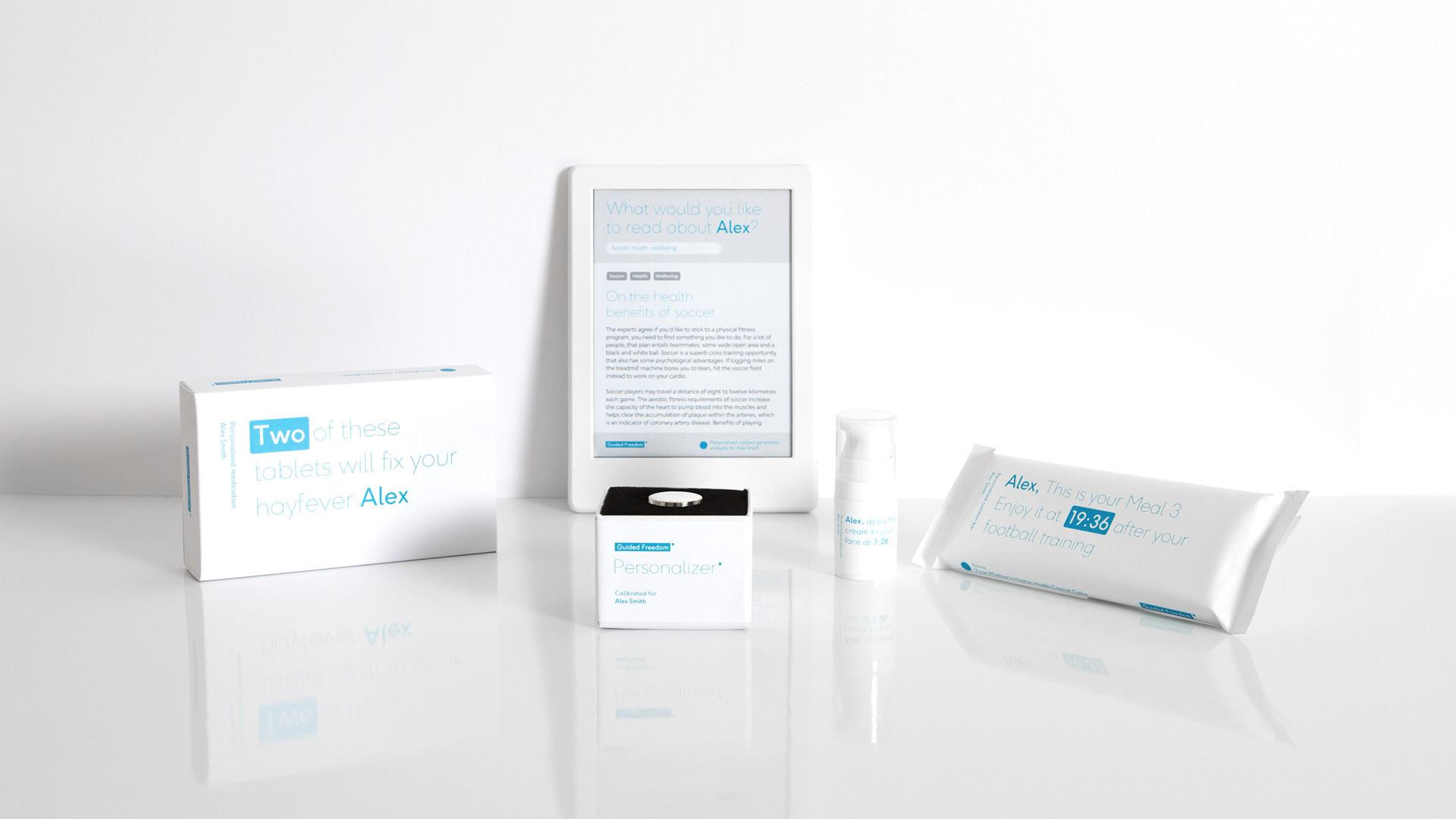
Envisaging 2030
We envisioned three parallel future scenarios for the year 2030. Each with its own unique timeline shaped by a different hypothetical series of events. These events and the future outcomes they effect were based on insights gathered during a rigorous research phase in which the team interviewed subject matter experts globally, across a wide range of professions.
The three 2030 societies were brought to life through collections of objects that citizens might use on a day to day basis. Each object tells its own story about life in 2030, and in combination they paint a richer vision of these future scenarios.
The scenarios
Following in-depth research around changing attitudes to trust across a range of industries and aspects of society, we envisaged three diverging timelines. These alternate future scenarios trace differing paths from the present day to the year 2030, shaped by society’s reactions to various landmark events.
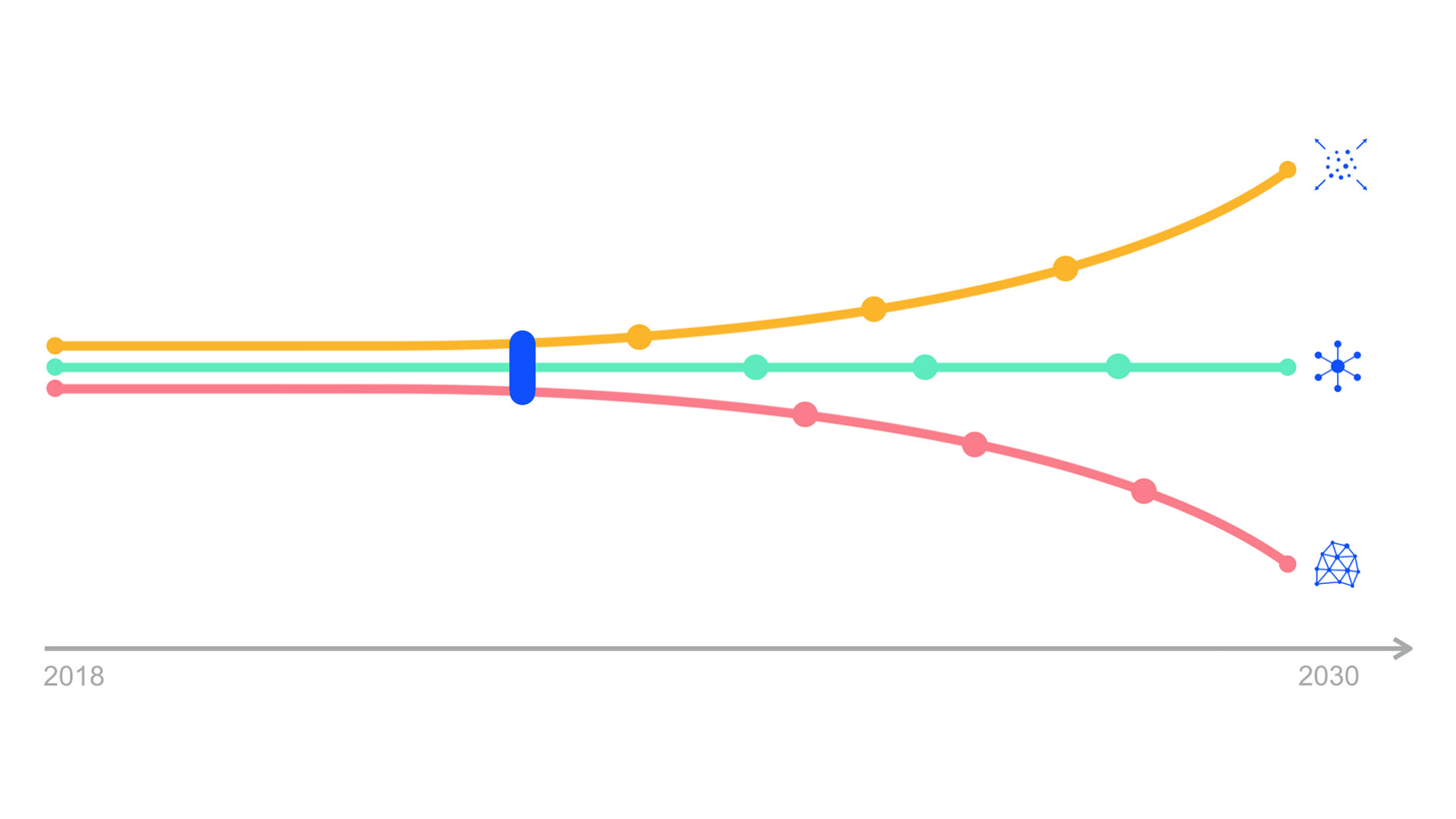
Society 1
Decentralised & Transparent
Does increased transparency lead to a higher level of trust in society?
A major data leak exposing a gross Human Rights violation by a public official forces government to create a transparent, data-driven society. Information we used to think of as private is now shared openly by organisations and individuals alike. All areas of our lives are fully transparent: we can access health records online, research what is in our food and find out how much our colleagues earn. Citizens put trust in big institutions because they believe the full transparency movement keeps them accountable and makes products and services more predictable.
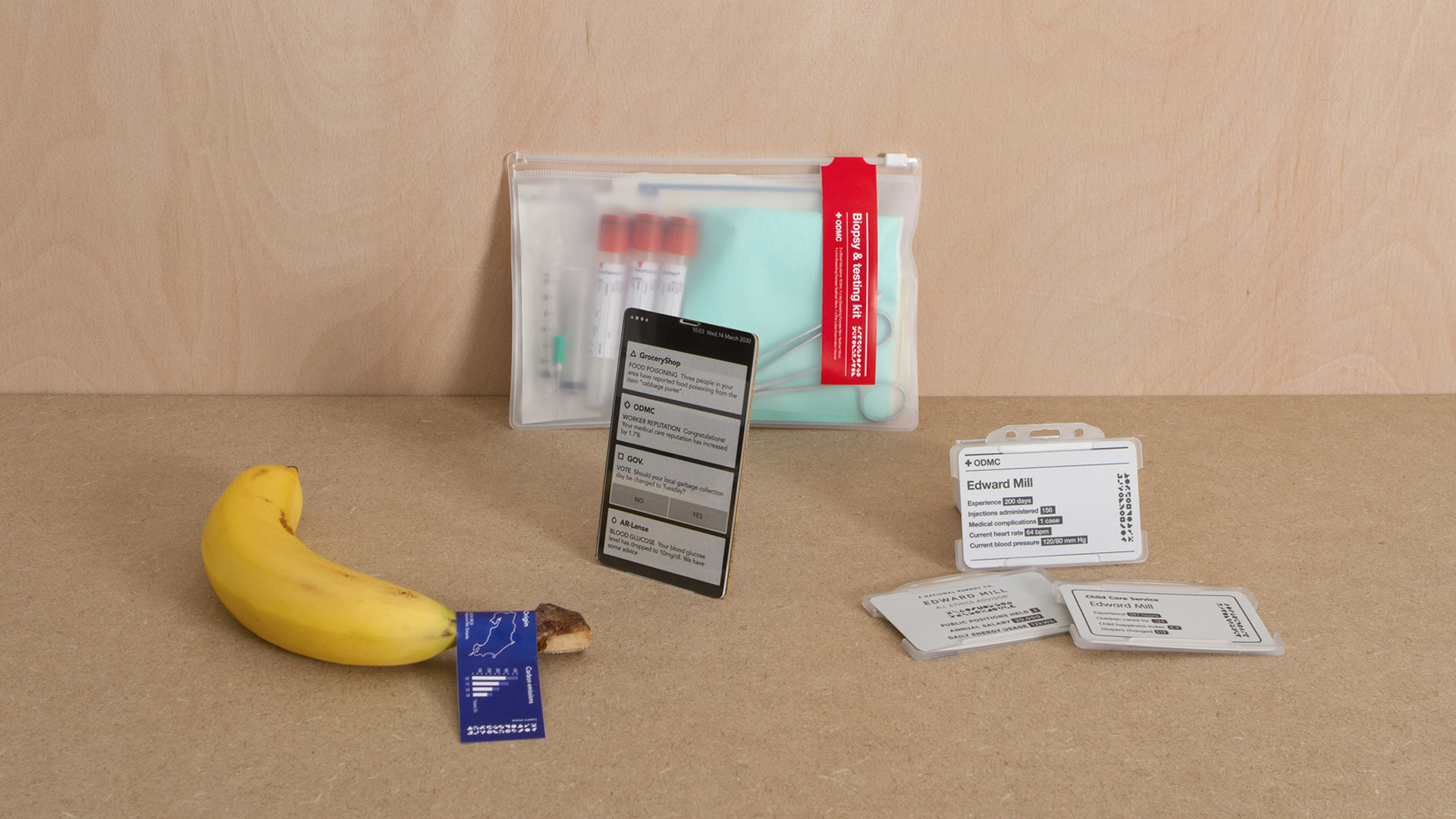
In 2030, most people have a variety of jobs, often in different industries. Standard measures of expertise no longer offer any valuable reference point. To verify a person’s identity and to assure customers of their professional competence, digital ID cards provide contextual information about every worker.
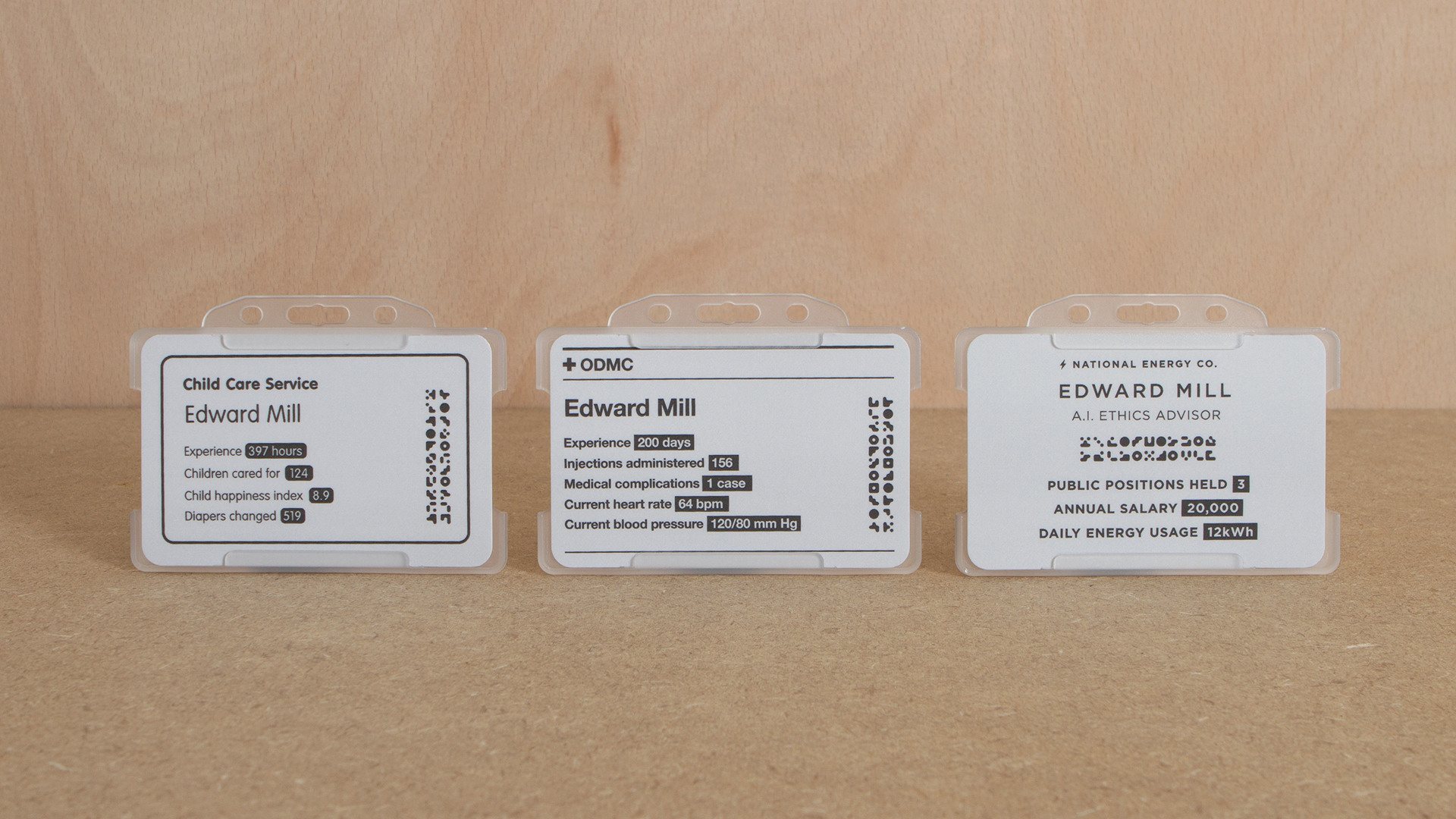
This banana label provides detailed information about the banana’s provenance, its ingredients (down to a chemical level), its ecological impact and carbon footprint. Via a smart code on the side of the label, consumers can access an additional layer of information with their digital device. Transparent information about the products citizens buy and consume, helps them feel empowered and builds trust with manufacturers.
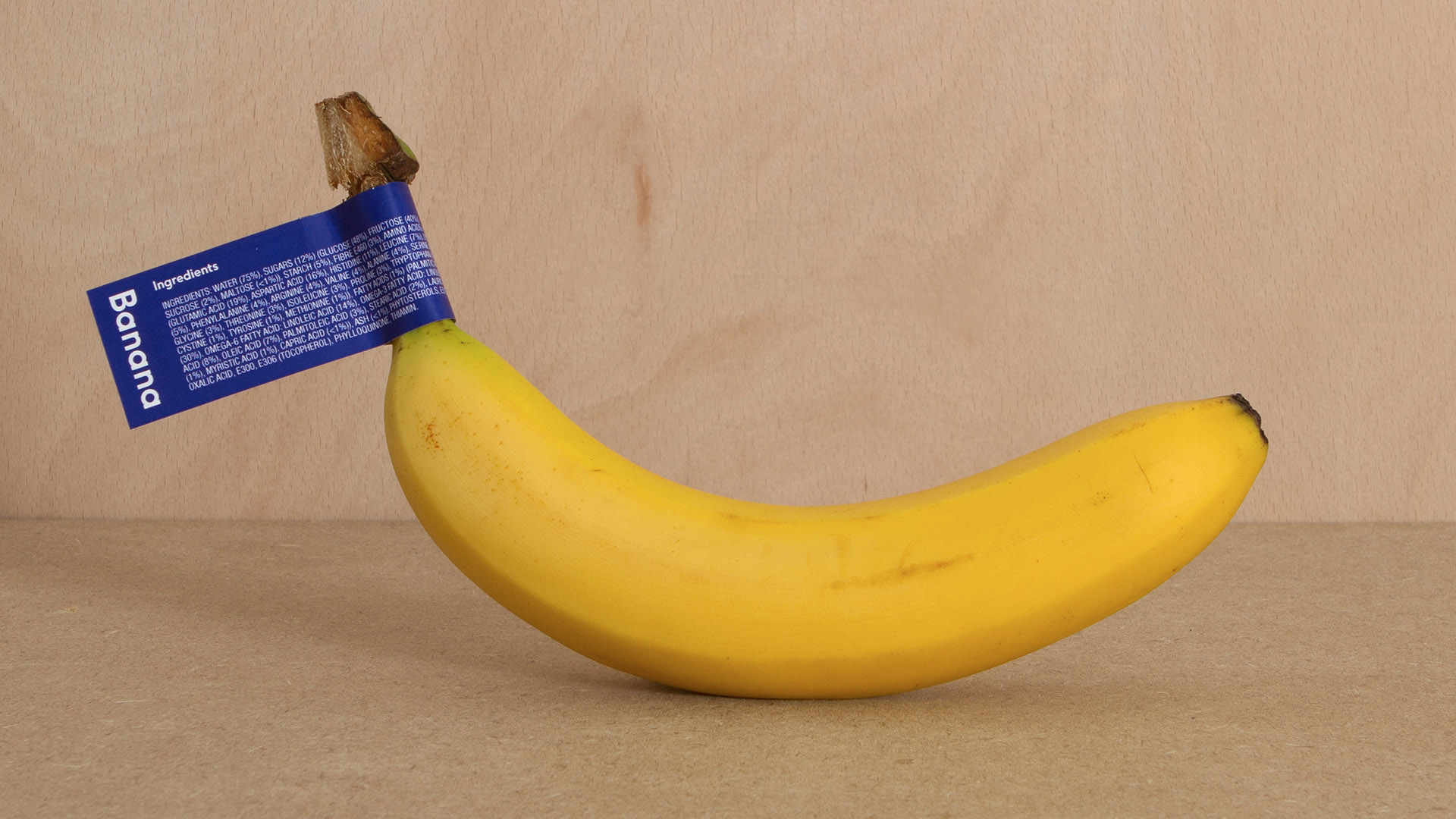
Society 2
Centralised & Curated
Would you put all of your trust in one company in exchange for the convenience of fully personalised products and services?
A series of government data leaks shatters the trust citizens had once put into their elected leaders. Big businesses see an opportunity to provide people with the sense of security they crave. Citizens decide to choose one corporation to take care of all their daily needs, from food to entertainment. In exchange for their personal data, consumers get to benefit from fully personalised products. Prices fall and services become more streamlined, making life for the average person more efficient. In this society, brand loyalty and trust is at an all-time high.

People lack the knowledge or the desire to understand their own body’s nutritional needs. They prefer The Corporation to take care of their meals.
Personally tailored meal replacement bars provide the consumer with all the nutrients they need and are adapted to their personal flavour preferences as well as their schedules.
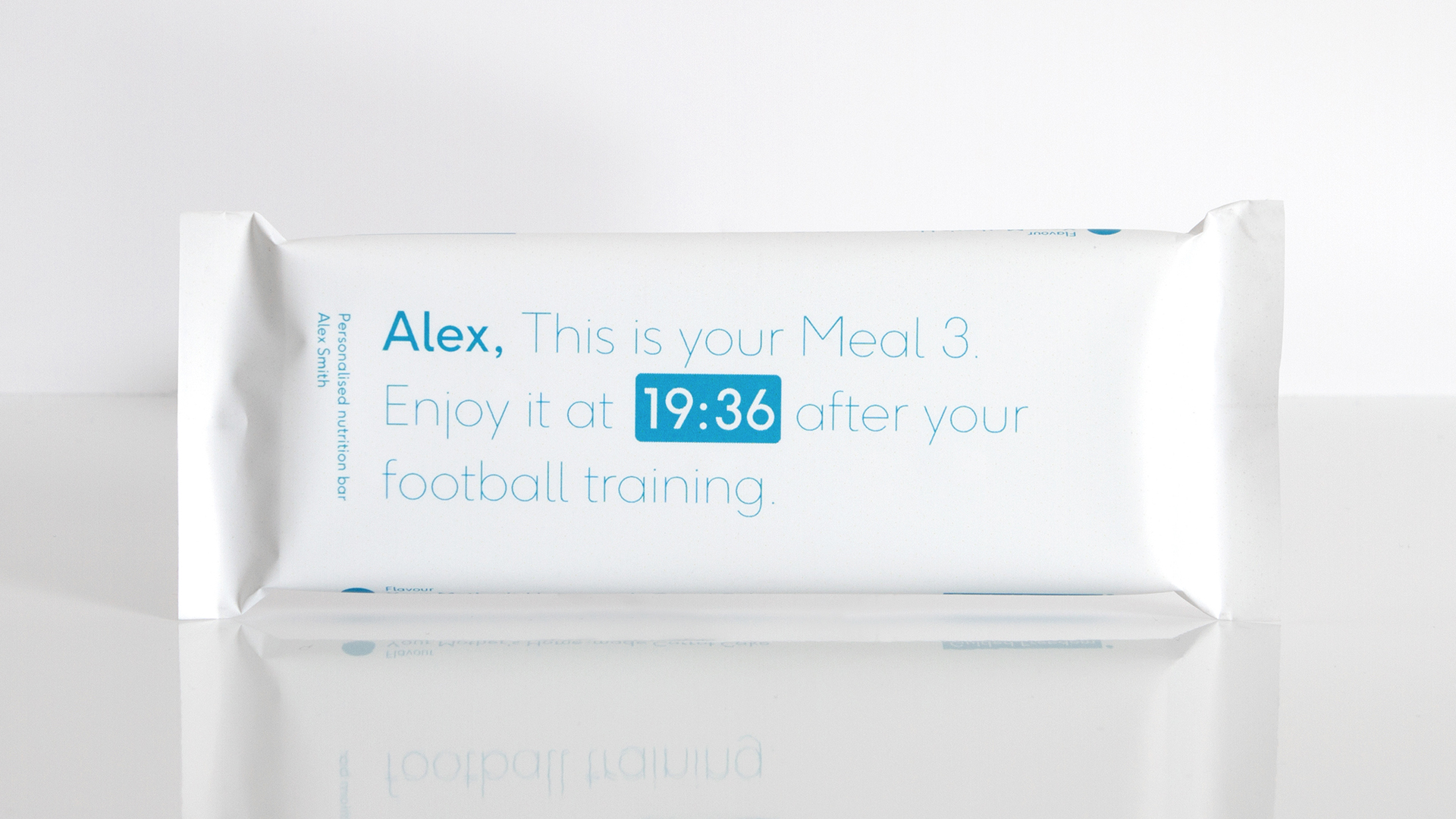
Patients don’t have time to research which medication is best for them. Instead, they put complete trust into The Corporation to provide them with a tailored treatment that is delivered precisely at the right time.
Instructions and ingredients are no longer deemed necessary. The Corporation uses the data they collect from patients to optimise medication, which leads to overall improved health in the society.
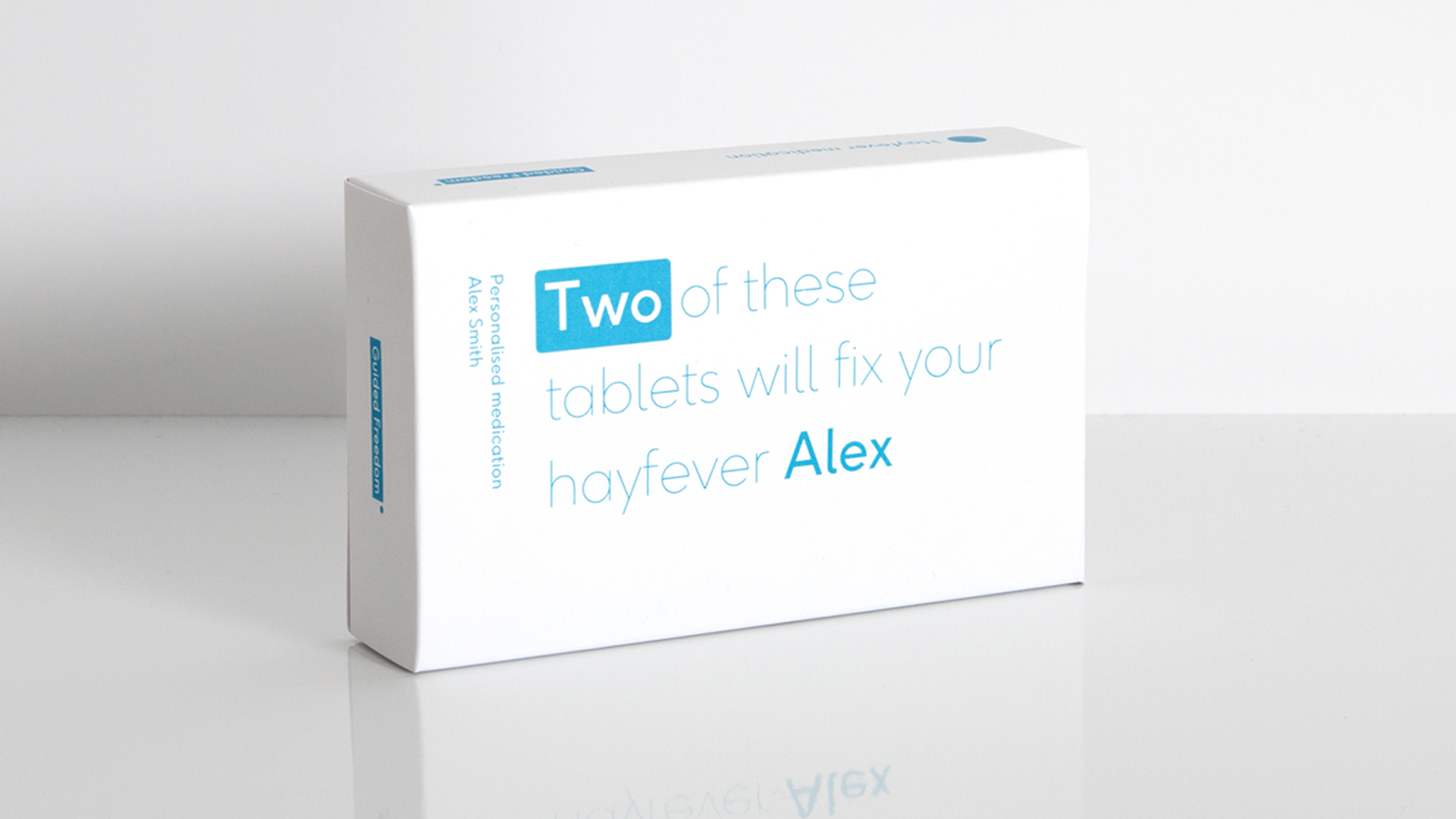
Society 3
Distributed & Autonomous
Would you give up modern-day conveniences and take responsibility for all aspects of your life to guarantee your personal security?
Once a series of data leaks exposes the shaky foundation on which the current government had been built, citizens quickly lose faith in all public institutions, including banks. A major financial crisis follows and forces people to reorganise society completely. Small communities begin to form who provide their own currency and power, allowing them to exist completely independently. By reverting to physical security systems, data hacks are no longer an issue. Self reliance trumps trust in this society.
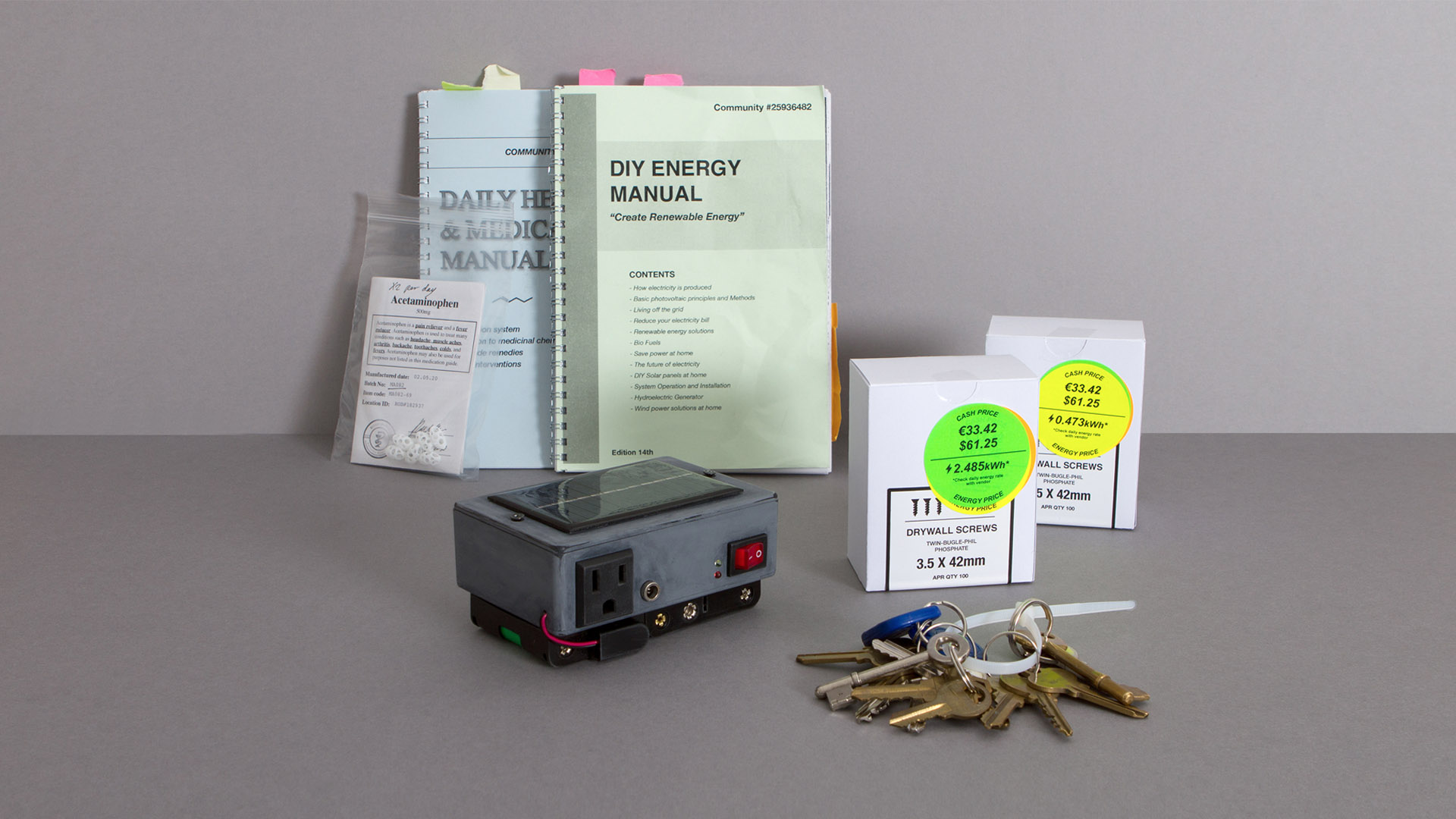
Citizens minimise their use of digital services to stave off information theft. With centralised networks compromised, citizens can only trust their own improvised, local networks.
The secure network generator is a DIY solution that provides a private and secure network. Designed for a narrow community of users, robust encryption protocols prevent entities outside the network from connecting.
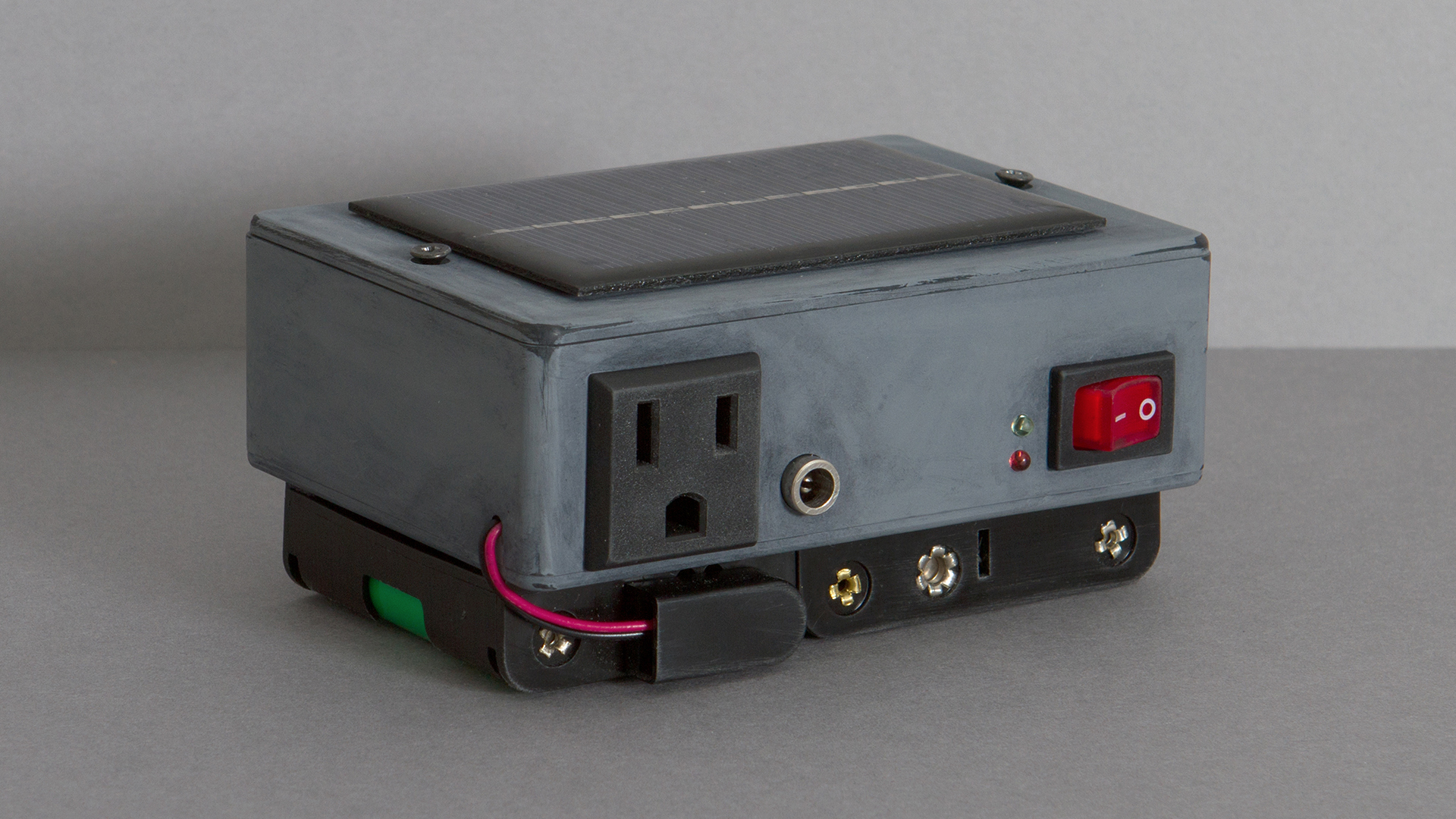
Large energy companies cannot be trusted, citizens want consistent access to clean energy so they generate their own on a local scale. This development allows individuals to use energy as currency, meaning citizens can pay for products and services with either money or energy. The price of power changes daily, depending on usage rates and environmental conditions, strong price fluctuations are a common occurrence.
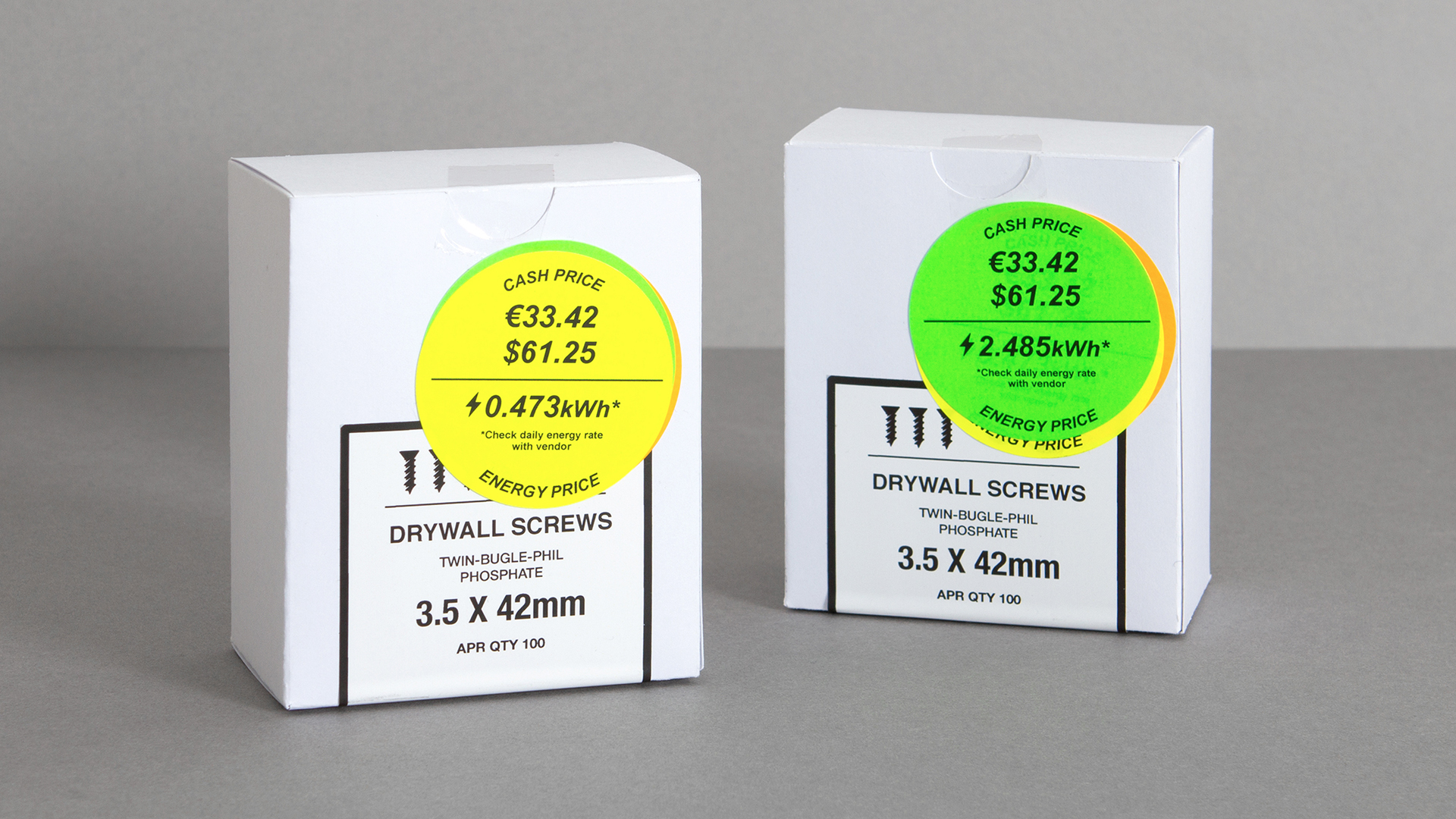
Future Trust event, Tokyo
Upon completion of the project, I was invited to present the work at Hitachi's Global Center for Social Innovation in Tokoy. I took part in a panel discussion event about the future of trust and the role that technology may play in this.
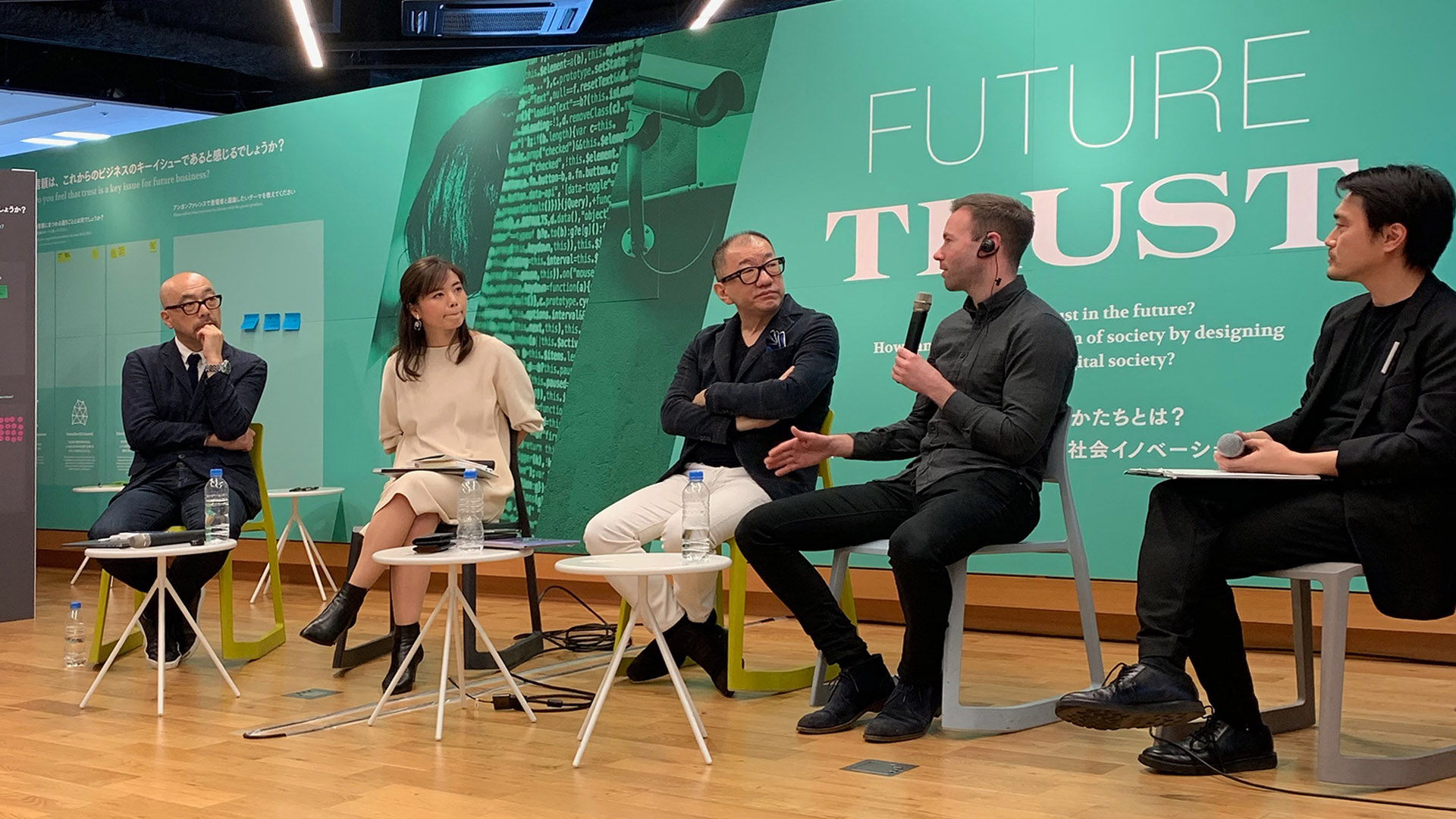
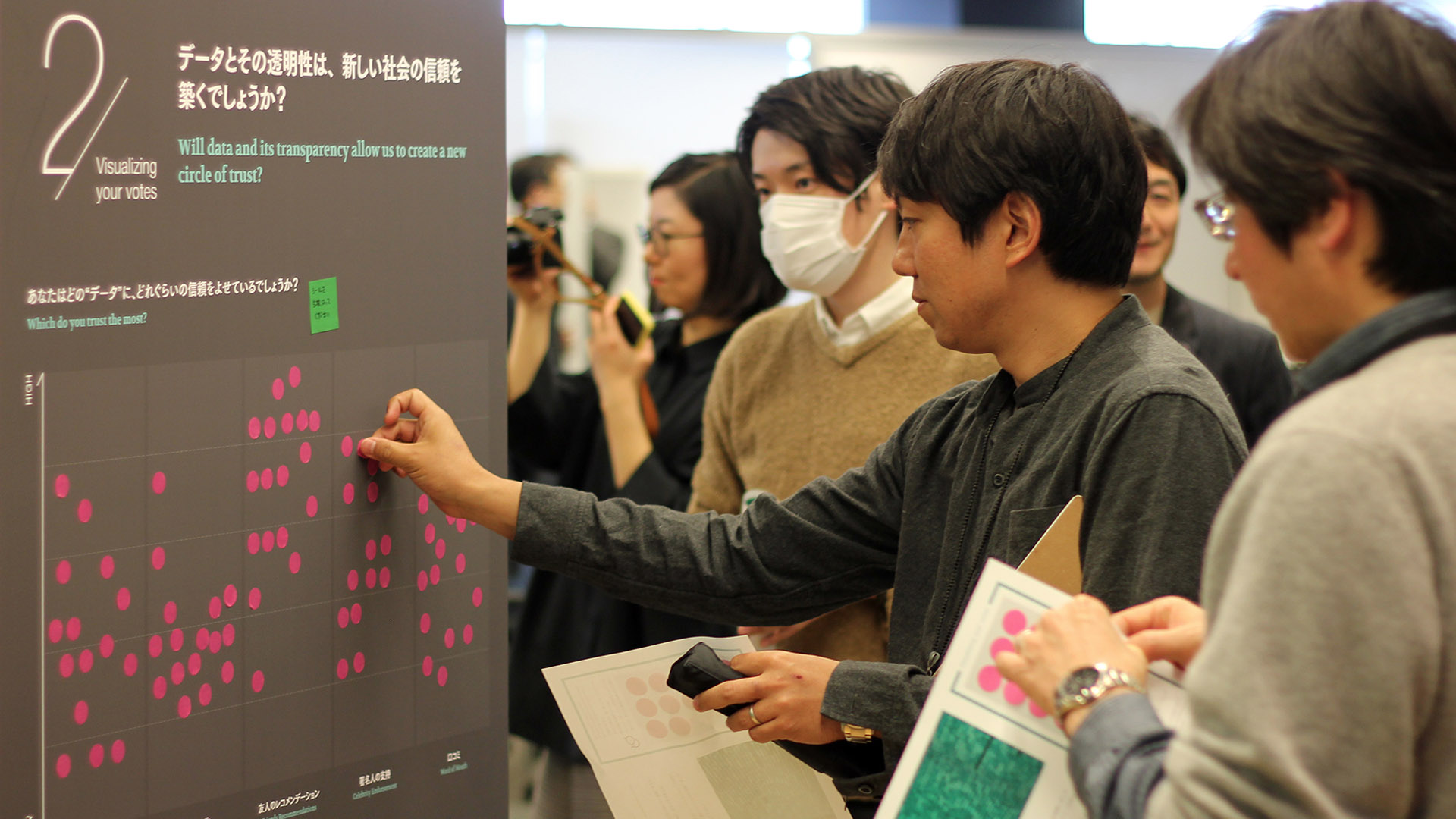
To support the event and promote the project we created a website showcasing the 2030 artefacts and gathering viewer's reactions to the 3 future scenarios presented.
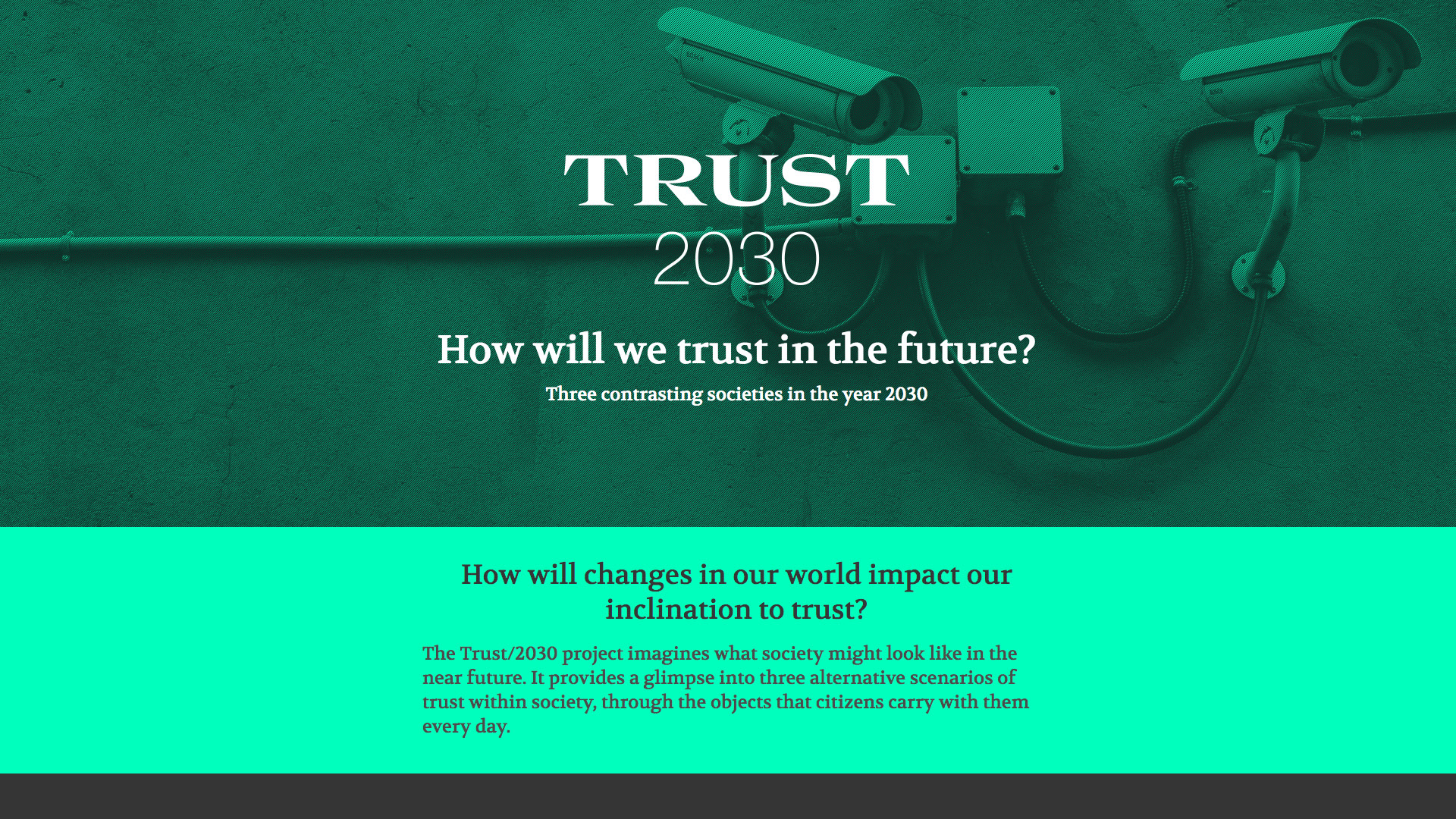
Process
As project lead, I devised a process and methodology that used a rigorous research structure to enable creative speculation. I felt it was key that we gathered insights from subject matter experts combined with desk research to make realistic projections about potential changes to society over the next 10 years. Establishing these fleshed out future contexts for our speculation provided stimulus for creative design solutions.
To understand how trust may change over the next decade, it was important to explore the ways in which our lives and society are evolving. We used a PESTEL model to forecast changes in society.
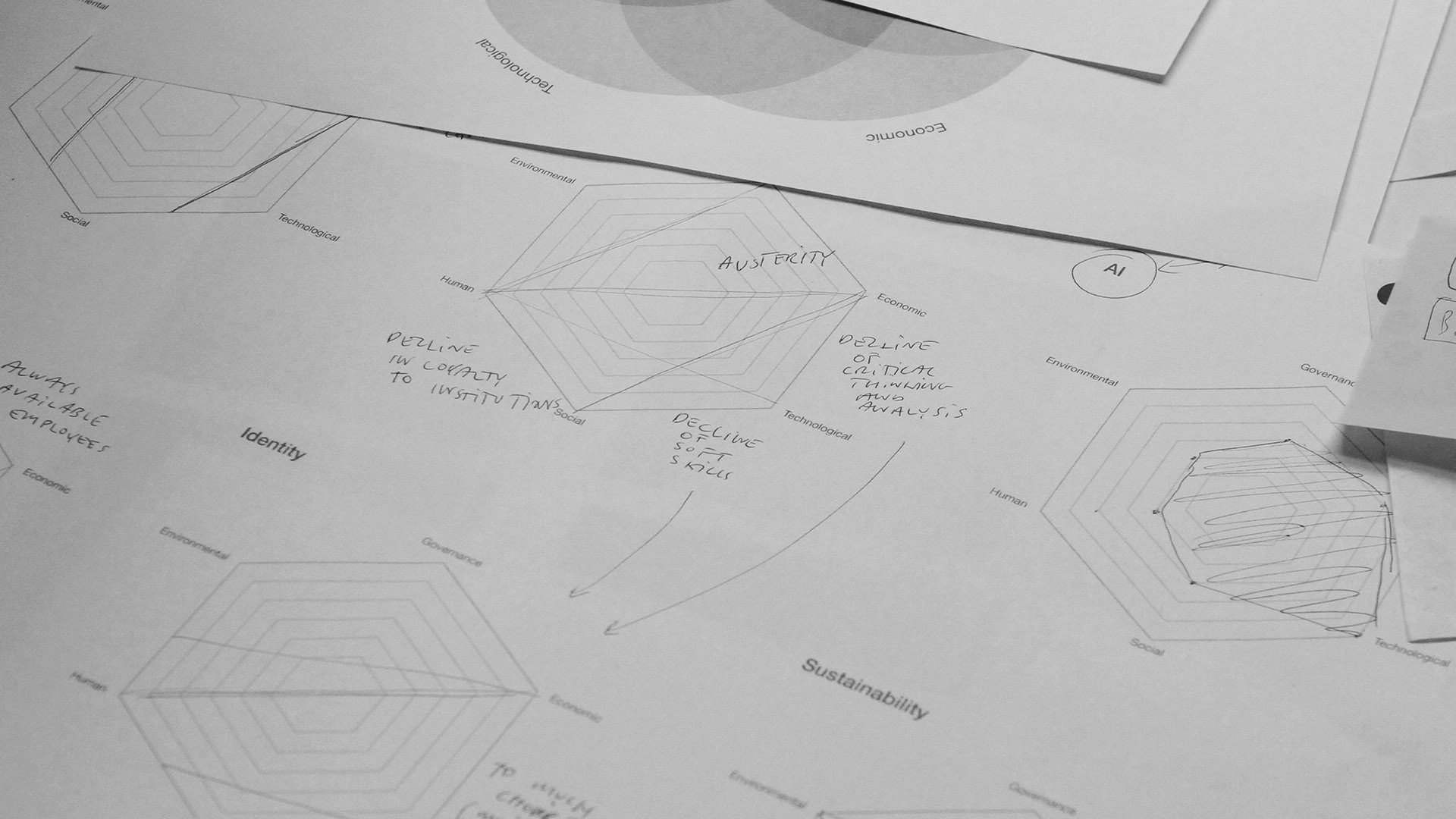
Interviews were conducted with experts from different businesses, cultures and professions to find out what role trust plays in their area of specialism and how this might change in the future. We spoked to specialists including those from: Google, Facebook, Imperial College London, Kaiser X Labs, Factmata, BDP architects.
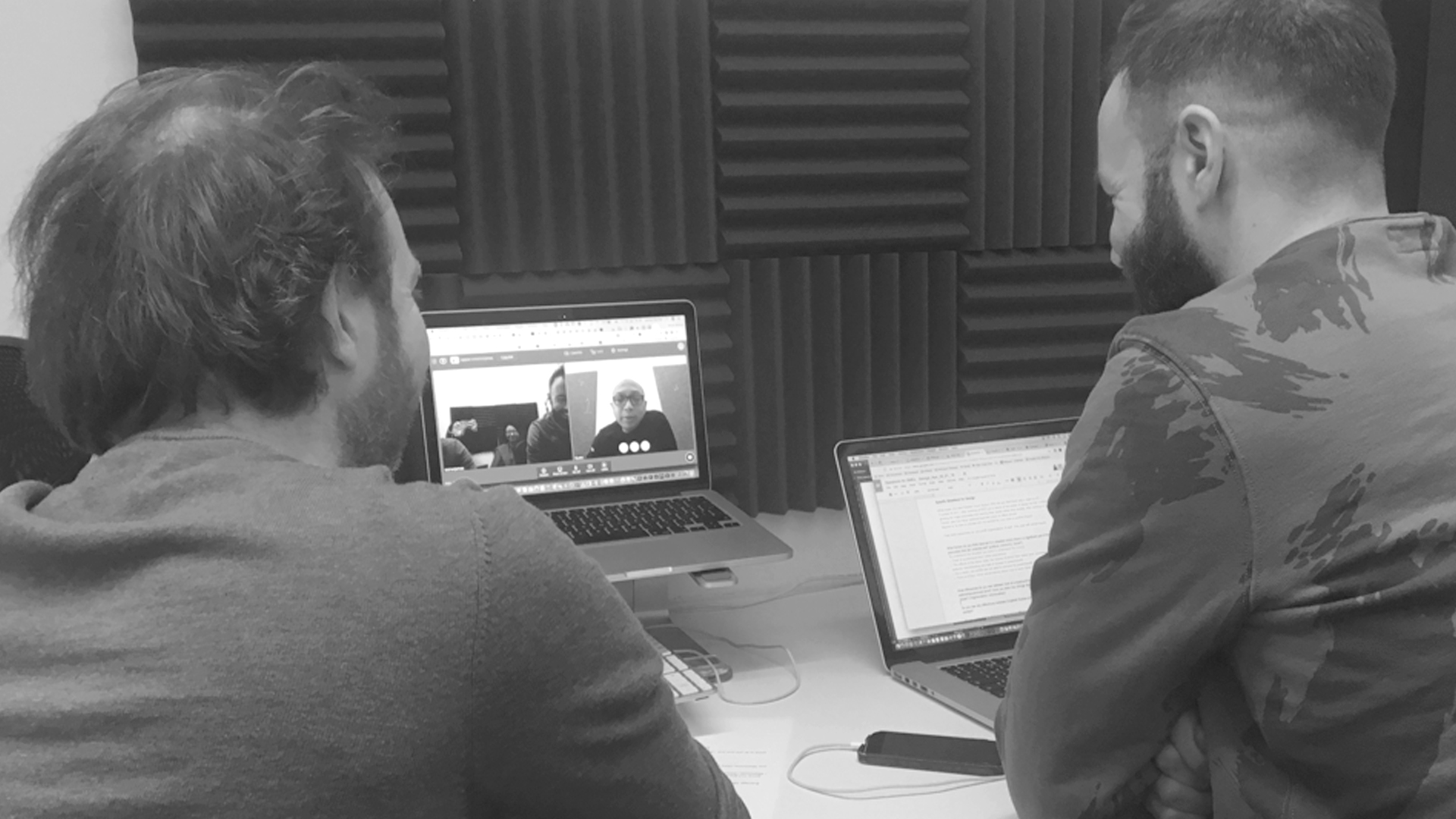
During our research on trust, we thought about the process of deciding whether to trust a person, institution, product or service. We developed a model of trust, visualised as a feedback loop with various inputs and outputs.
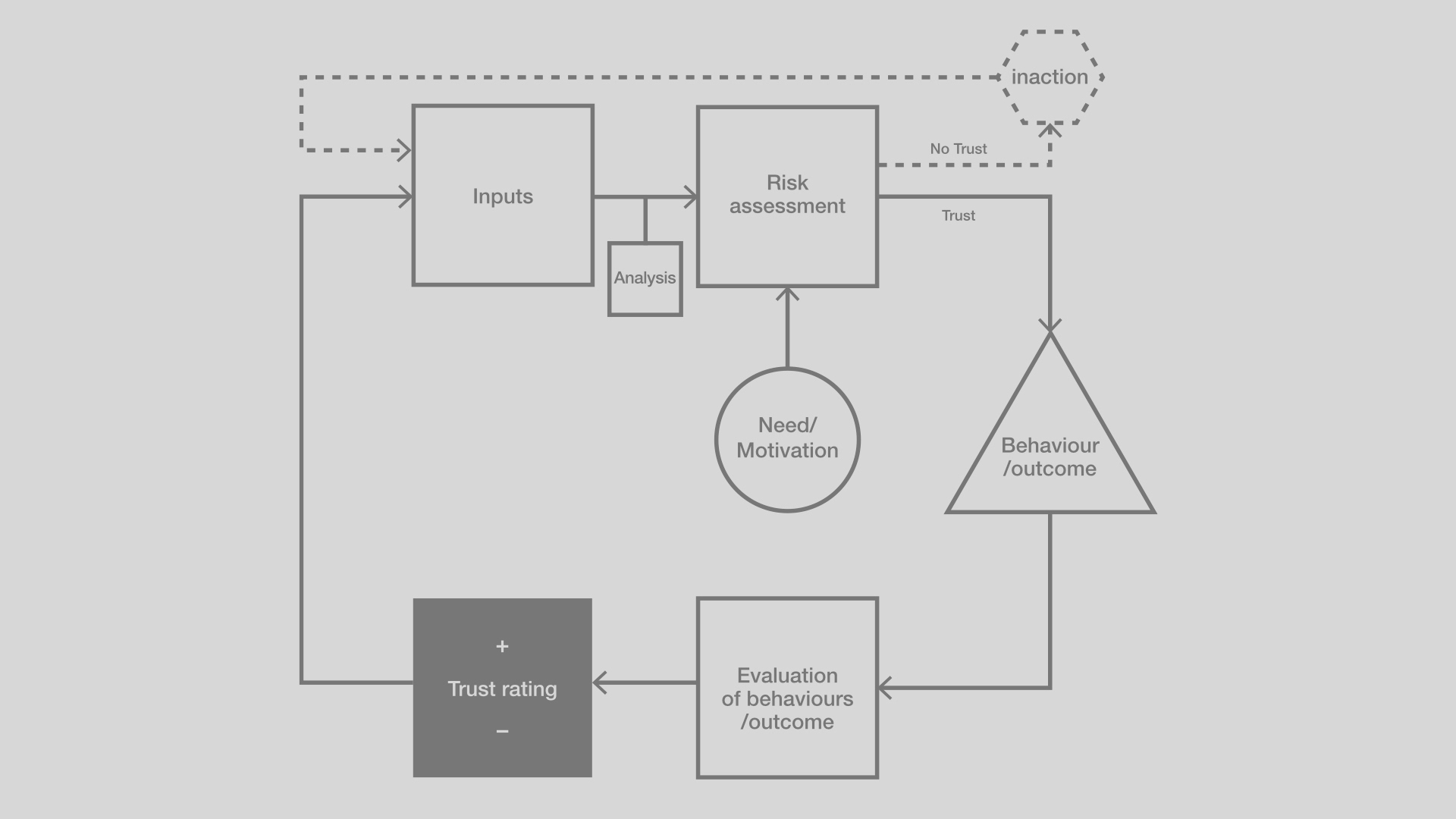
The data collected from desk research and expert interviews were collated and clustered into key themes and trends. Themes that appeared consistently and across multiple sectors were extracted and grouped into larger macro themes.
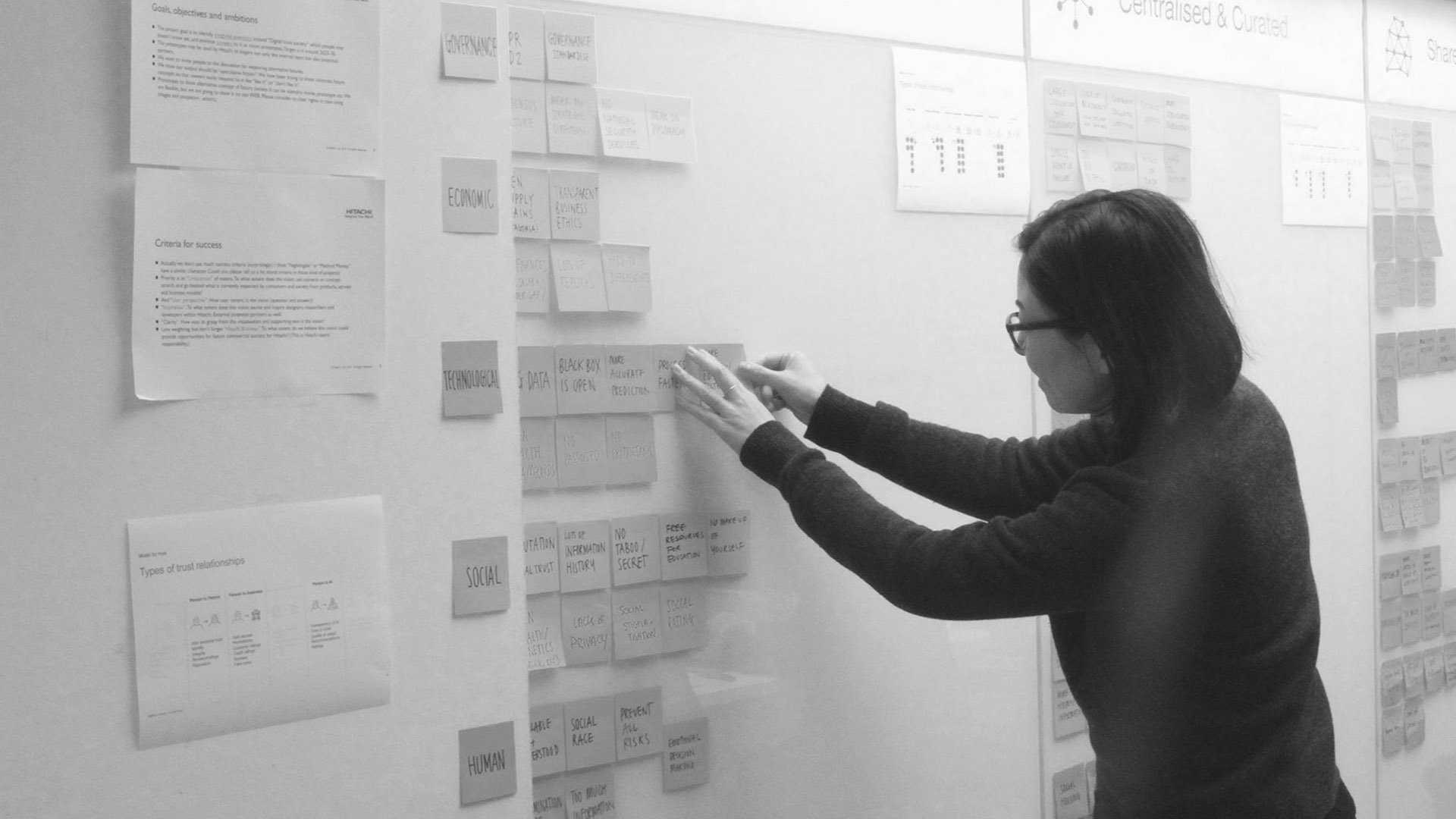
The desk-based research and expert interviews led to a set of predictions showing what role trust might play in our lives in the year 2030. These predictions were created as provocations to challenge assumptions about the future and drive intriguing design responses while considering the human and emotional impact they might elicit.
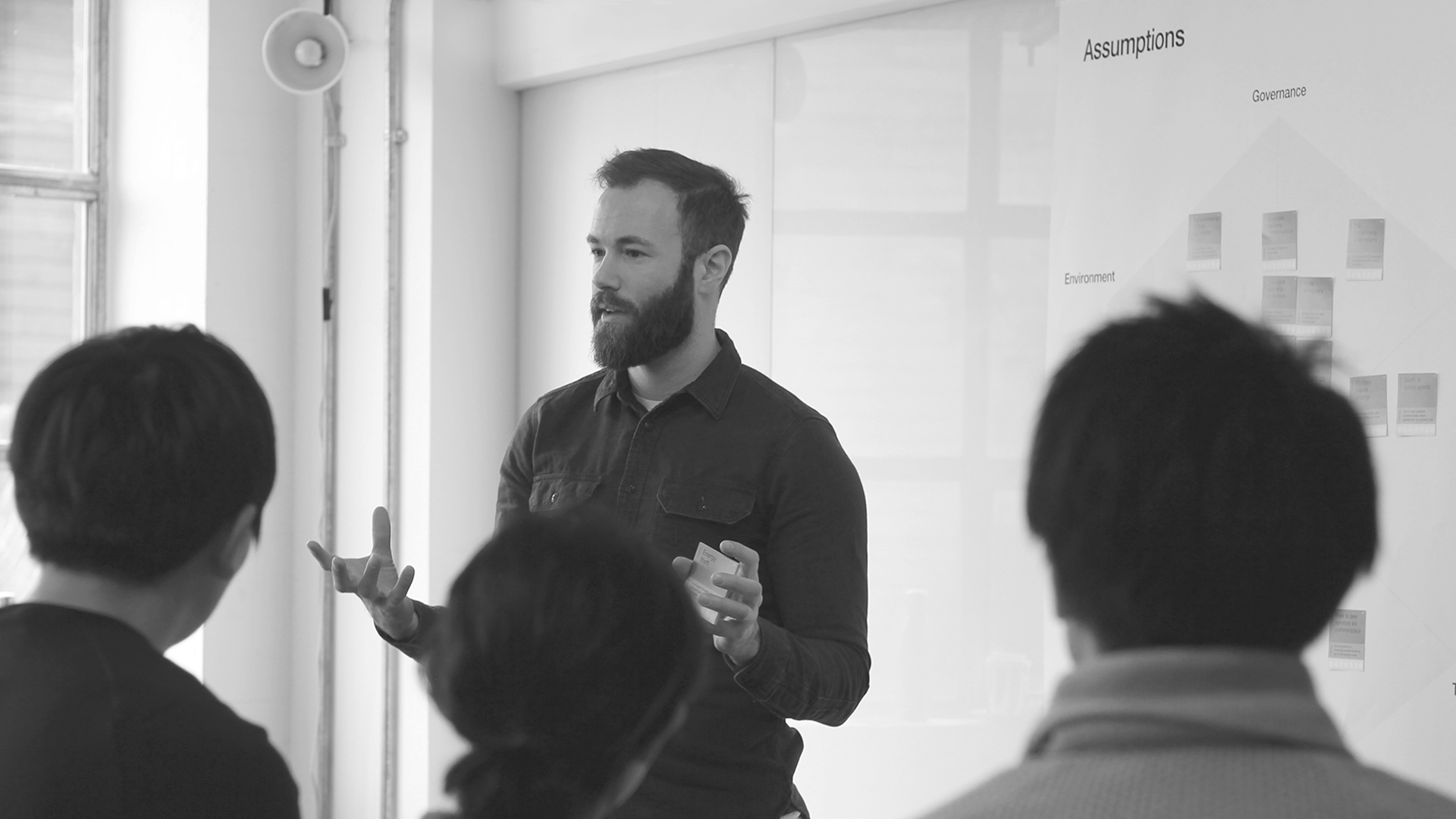
Over the course of a two-day workshop, the 2030 assumptions were discussed and prioritised based on how closely they aligned to Hitachi’s business interests and how compelling or thought-provoking they were.
The prioritised assumptions were then plotted against a scenario framework to find common themes and groupings amongst them.
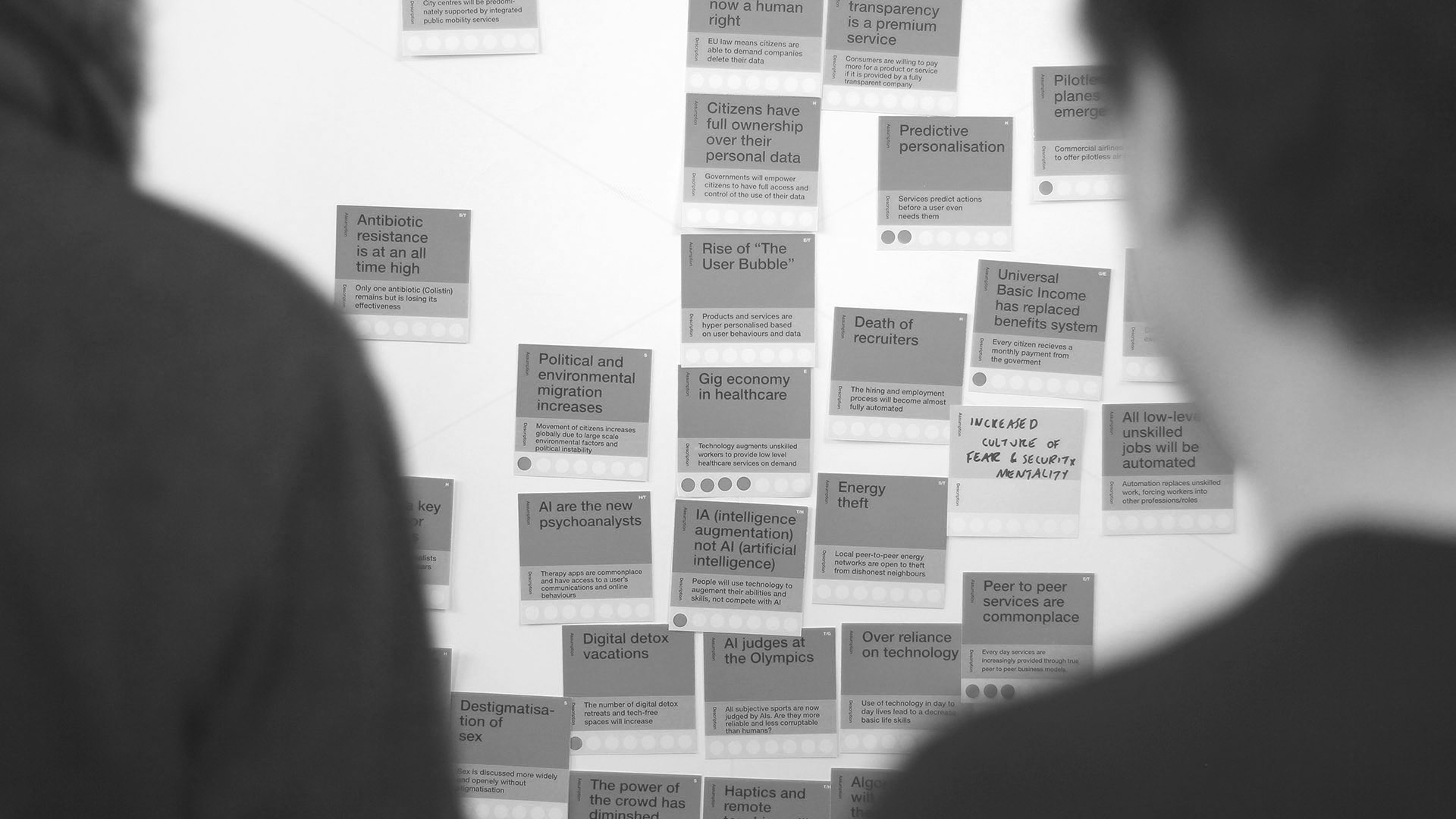
Three possible future visions of 2030 were created. The types of everyday objects that citizens carry with them were considered and conceptualised. Each object was designed to communicate an aspect of how people live in their society and convey their aspirations and concerns in daily life.
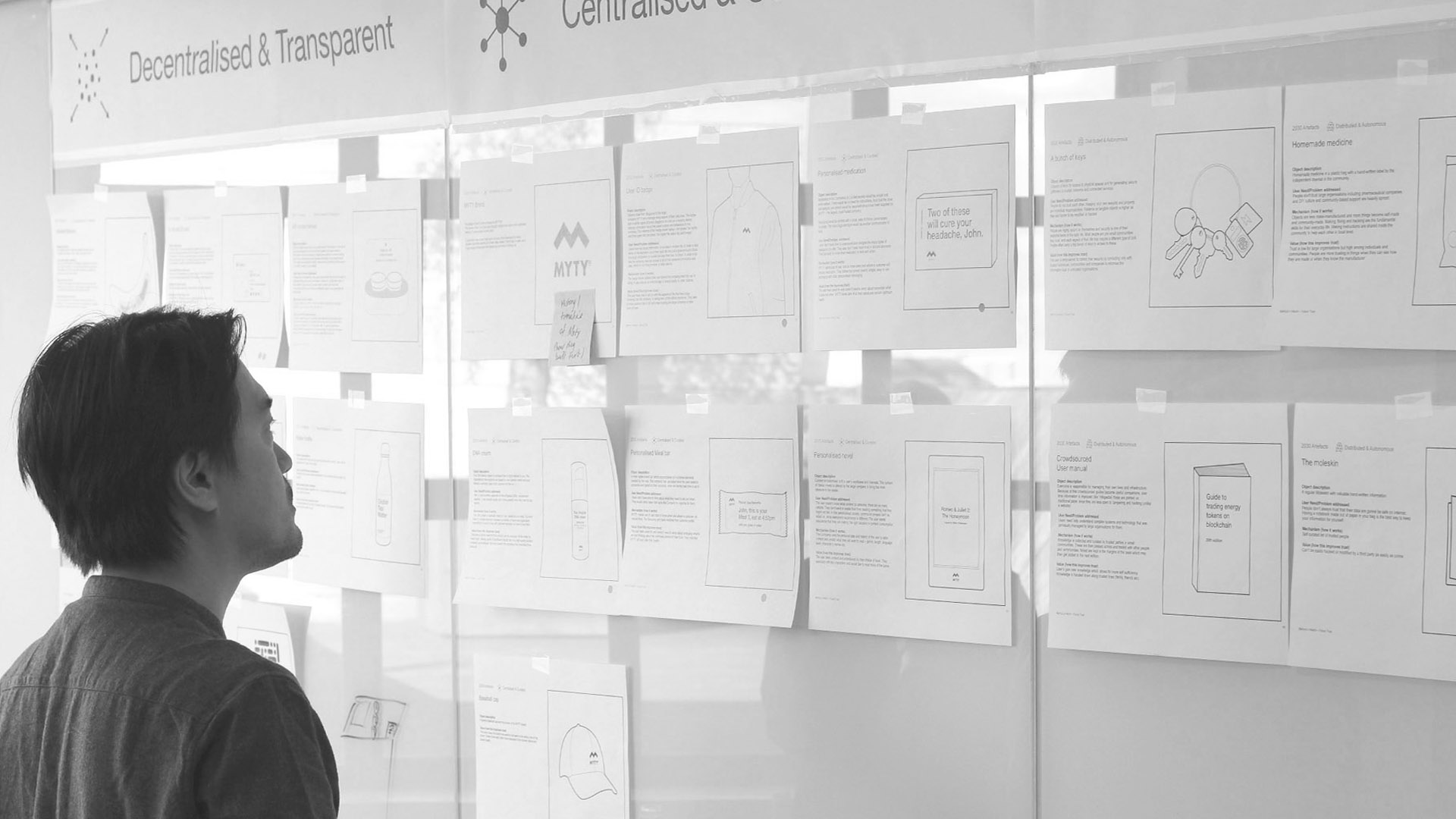
Once distinctive artefacts were defined for each 2030 scenario, production of these imaginary objects commenced.
Materials were carefully selected and aesthetics were decided upon to communicate an additional layer of information about each society. Visual communication and tone of voice were designed to further communicate the nuances of each 2030 society.
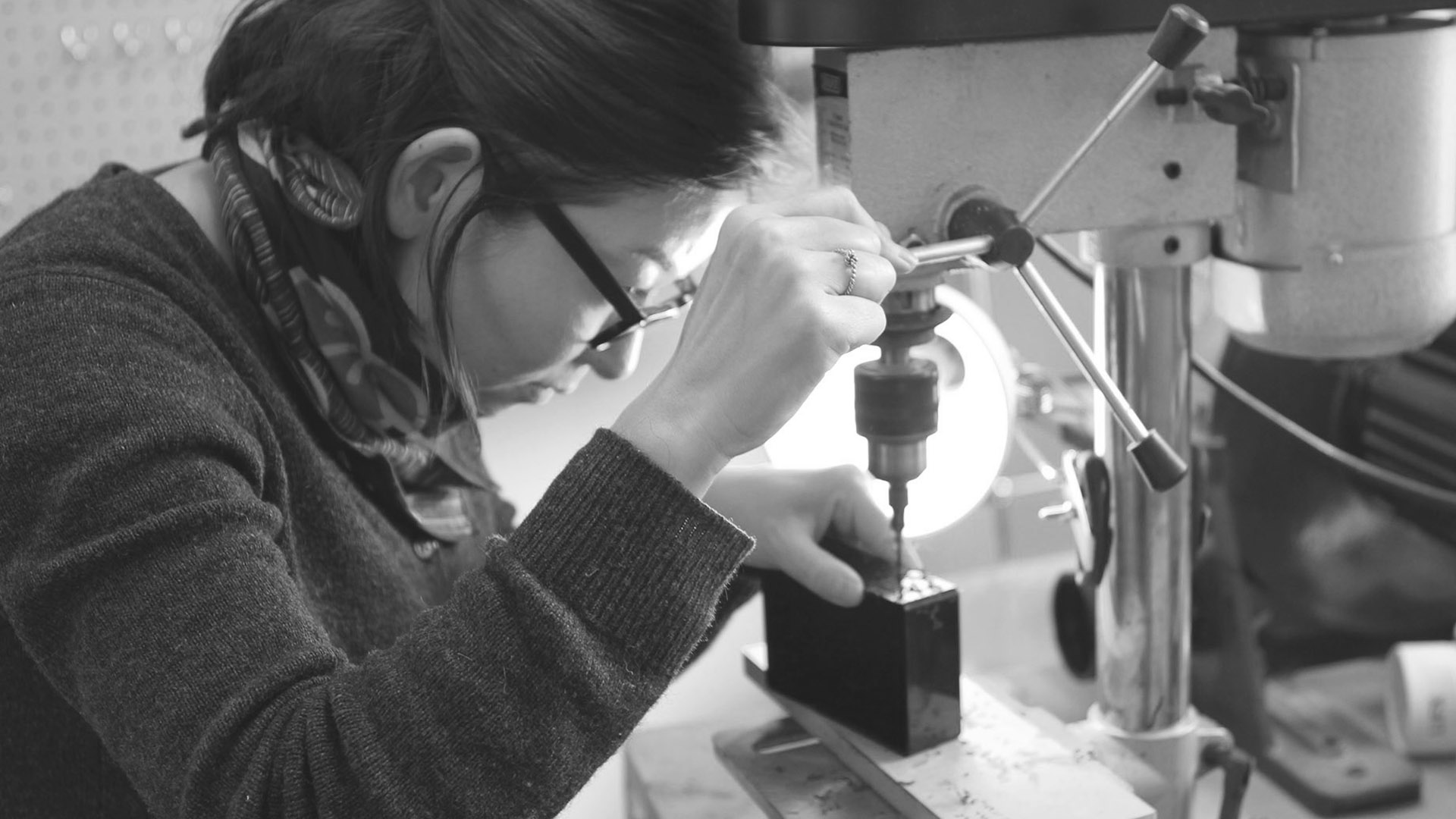
Other projects
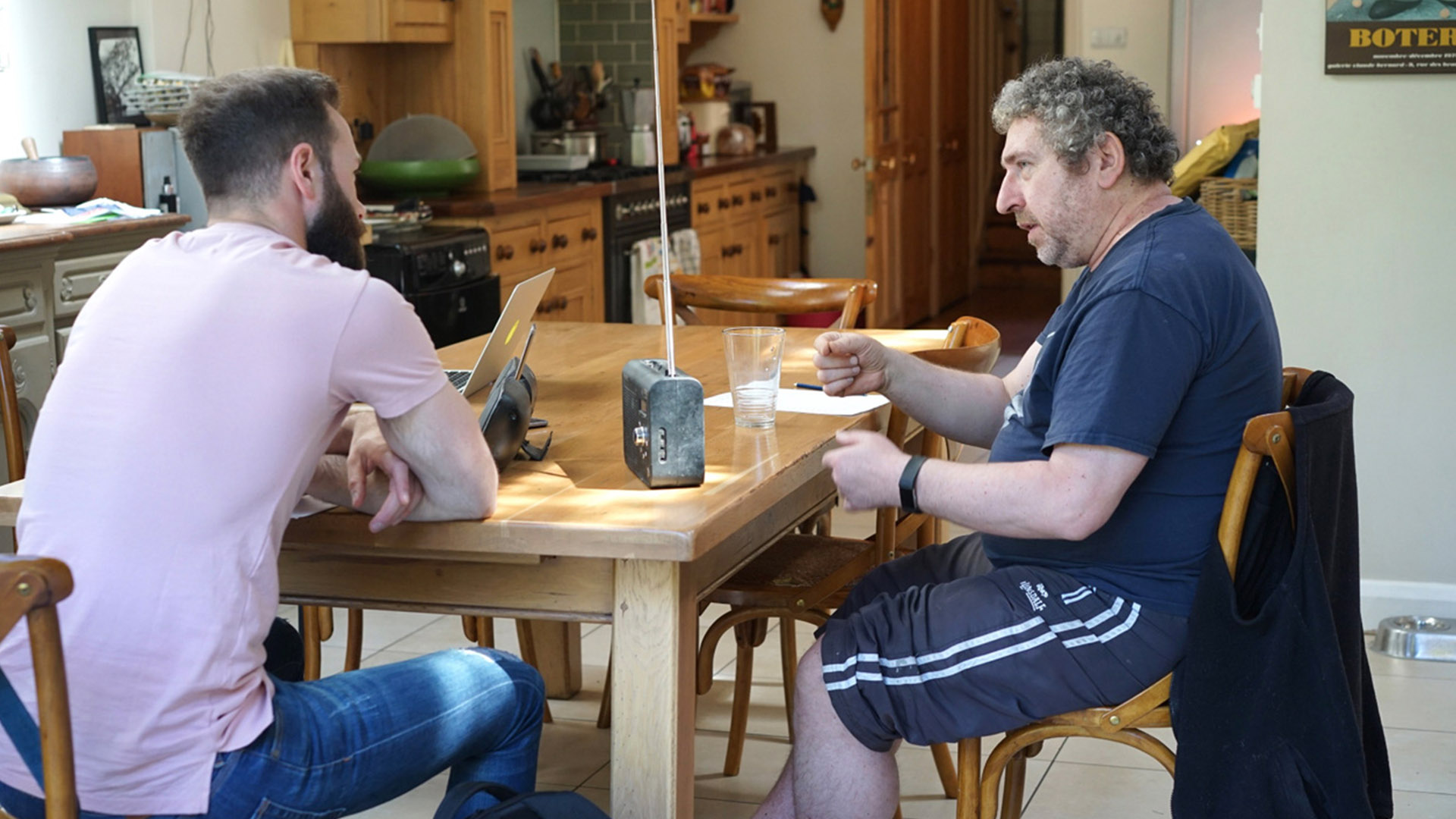
Roberts RadioResearch & Insights, Brand/Product Strategy
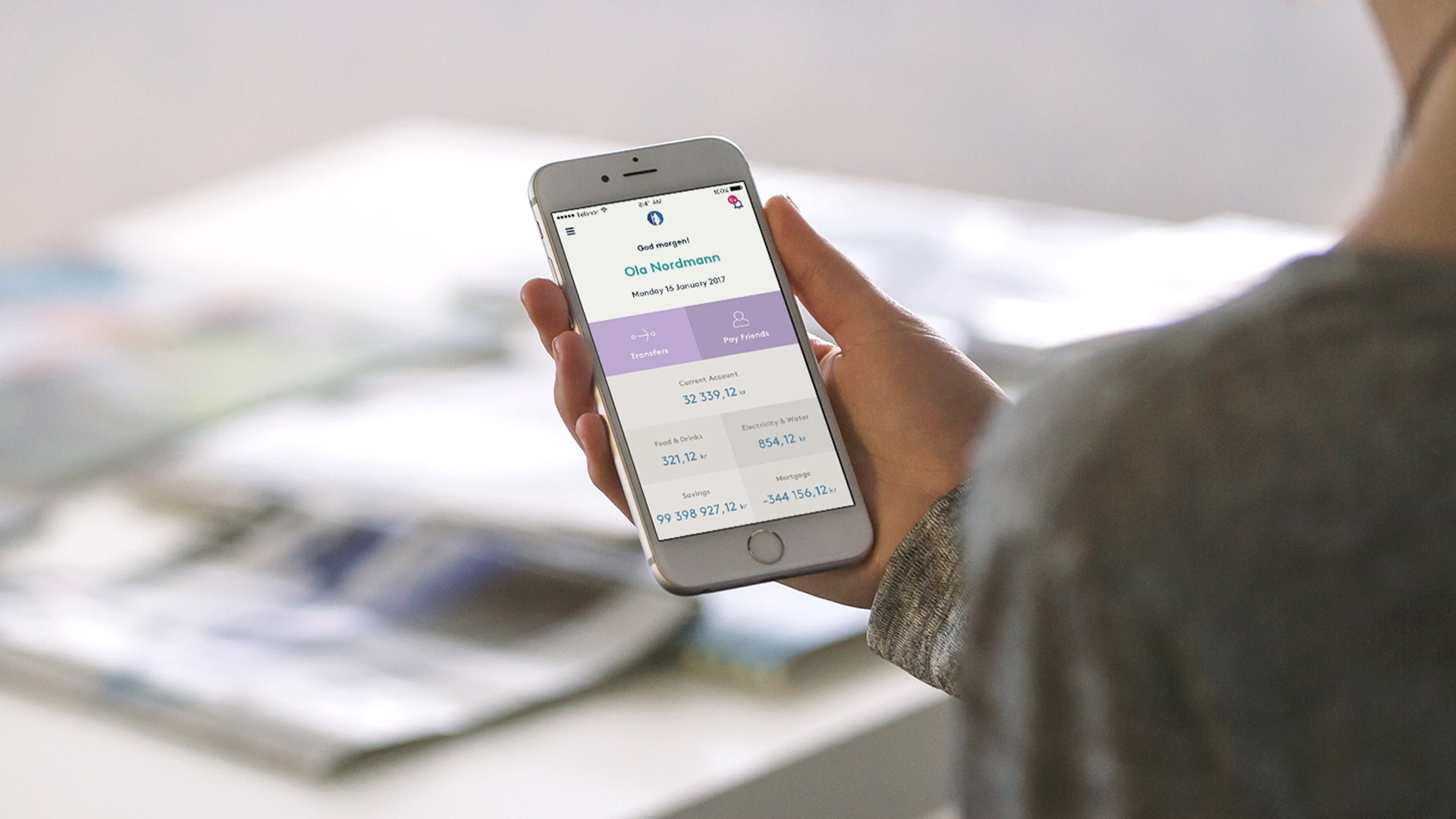
Gjensidige Mobile BankResearch & Insights, Product Design
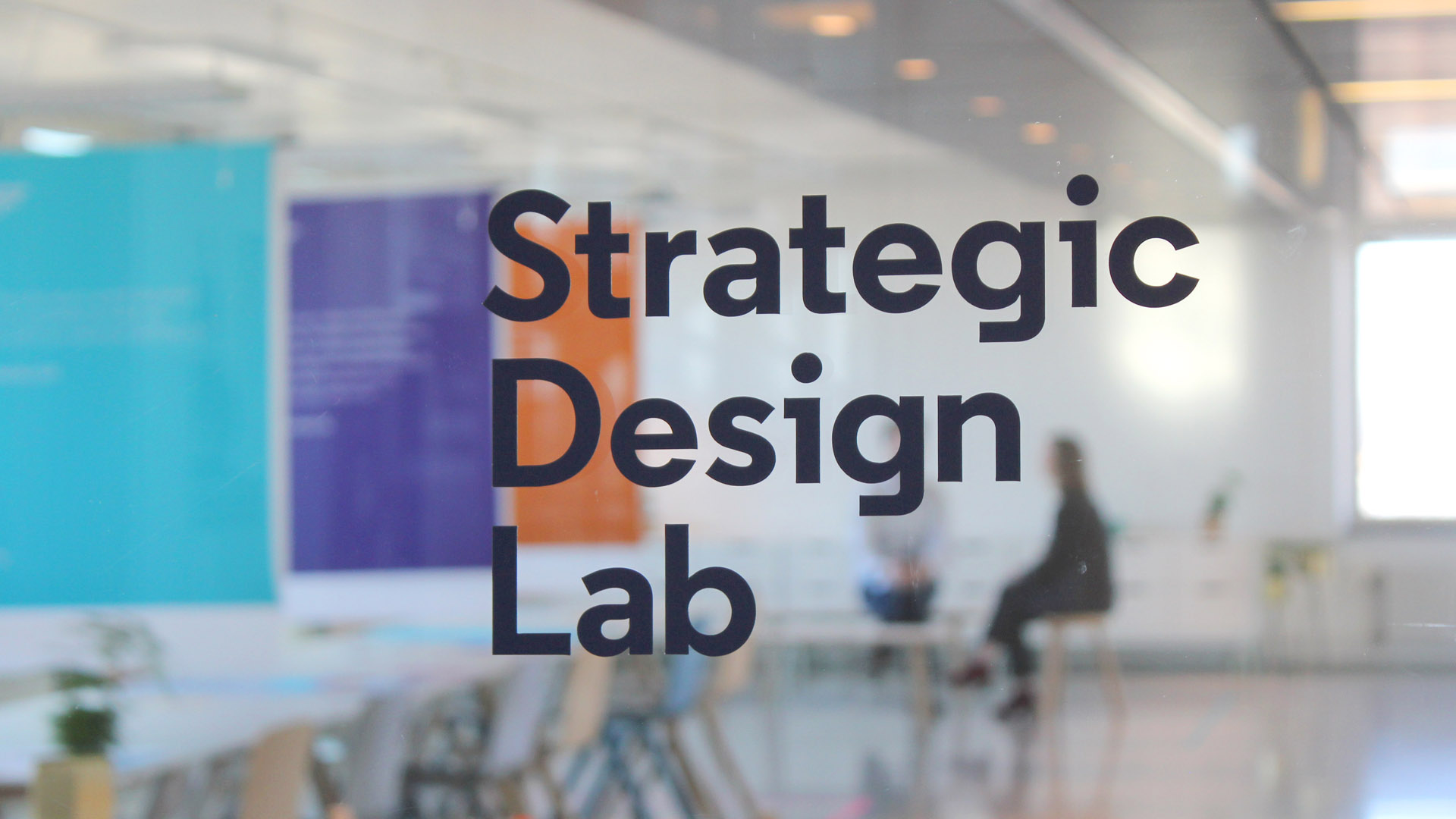
EVRY Strategic Design LabCapability building, Research & Insights
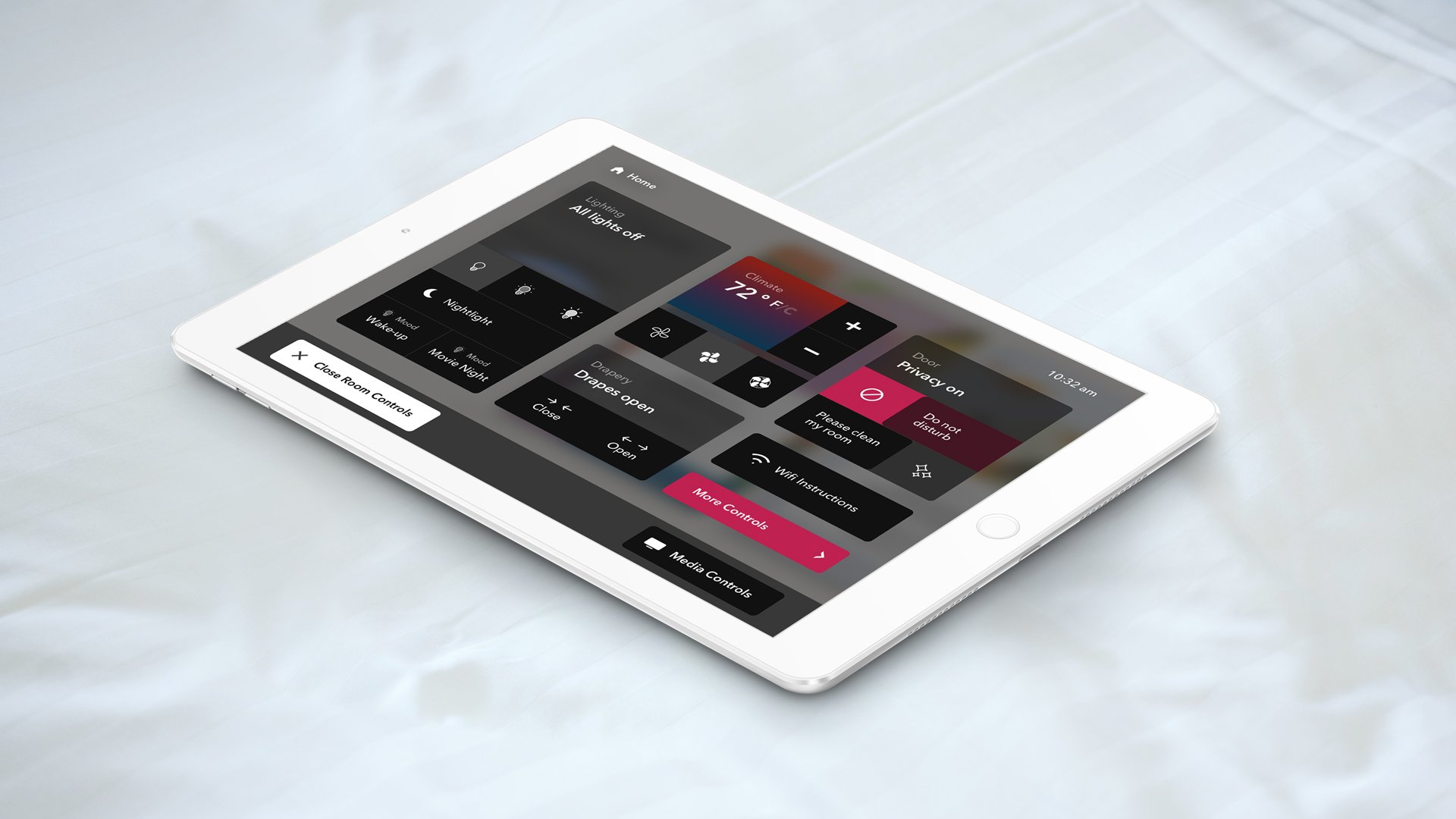
Wynn Resorts – In-room controlsExperience Design, Service Design
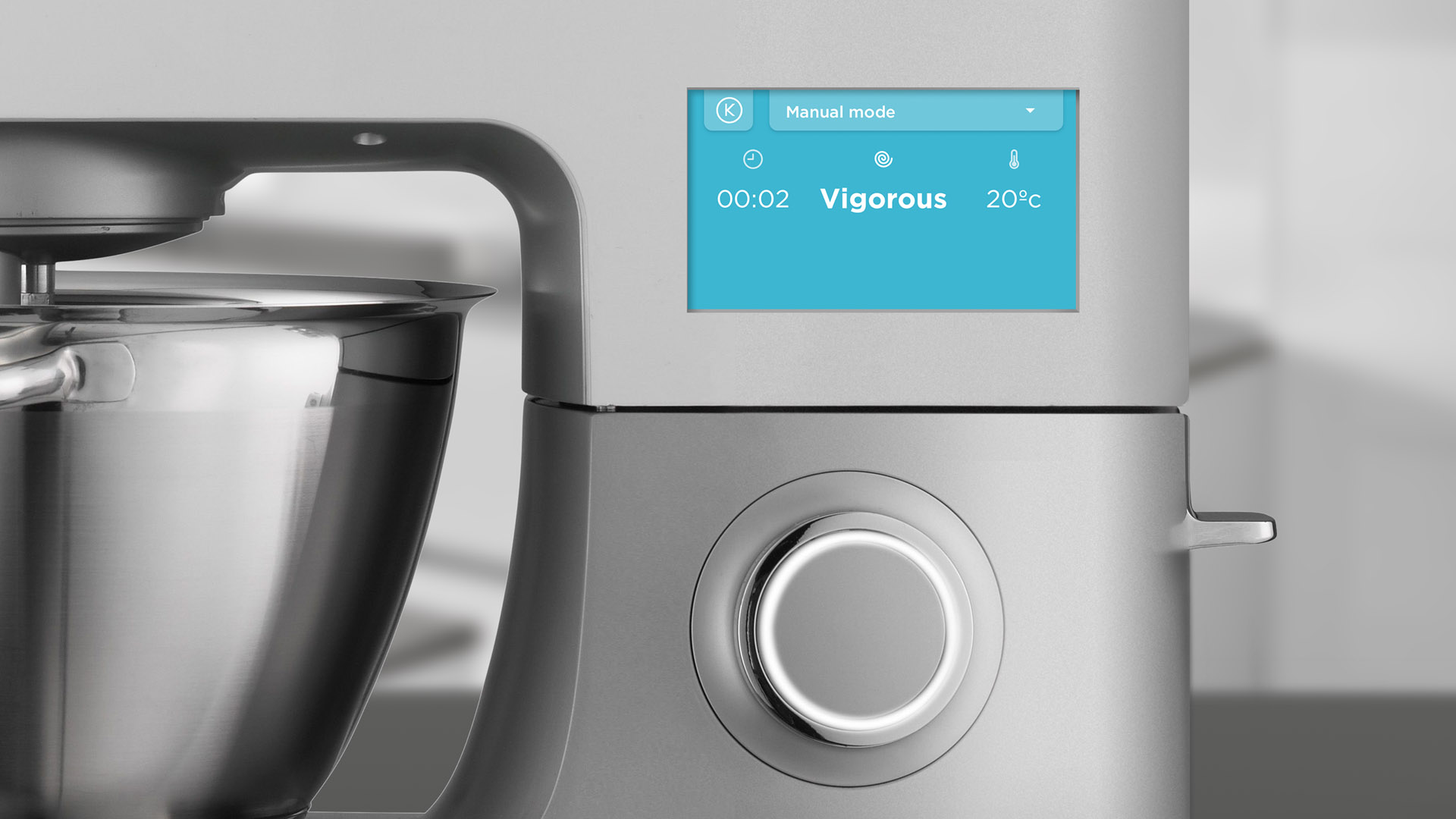
Kenwood Universal UIExperience Design
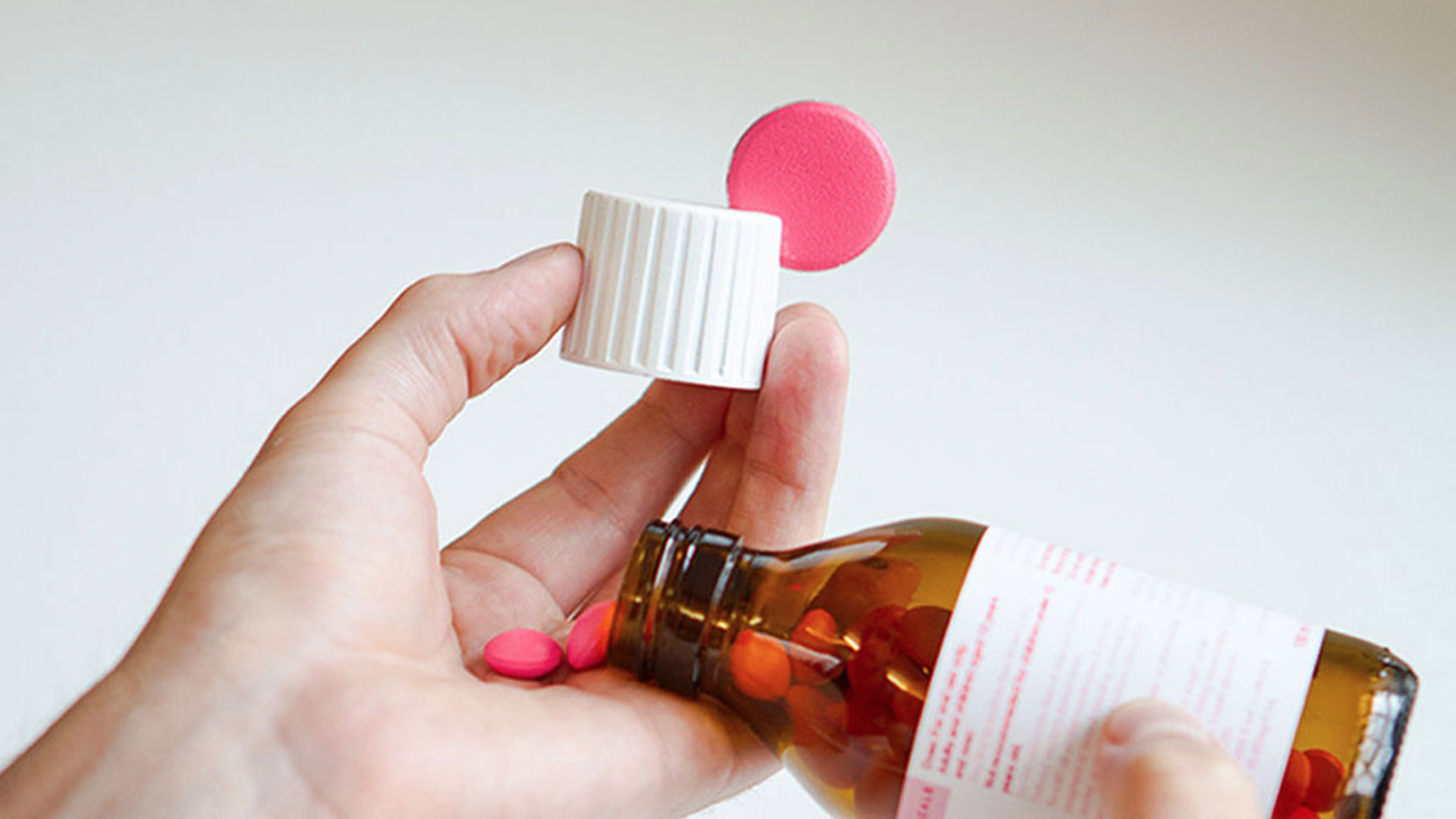
NightingaleExperience Design
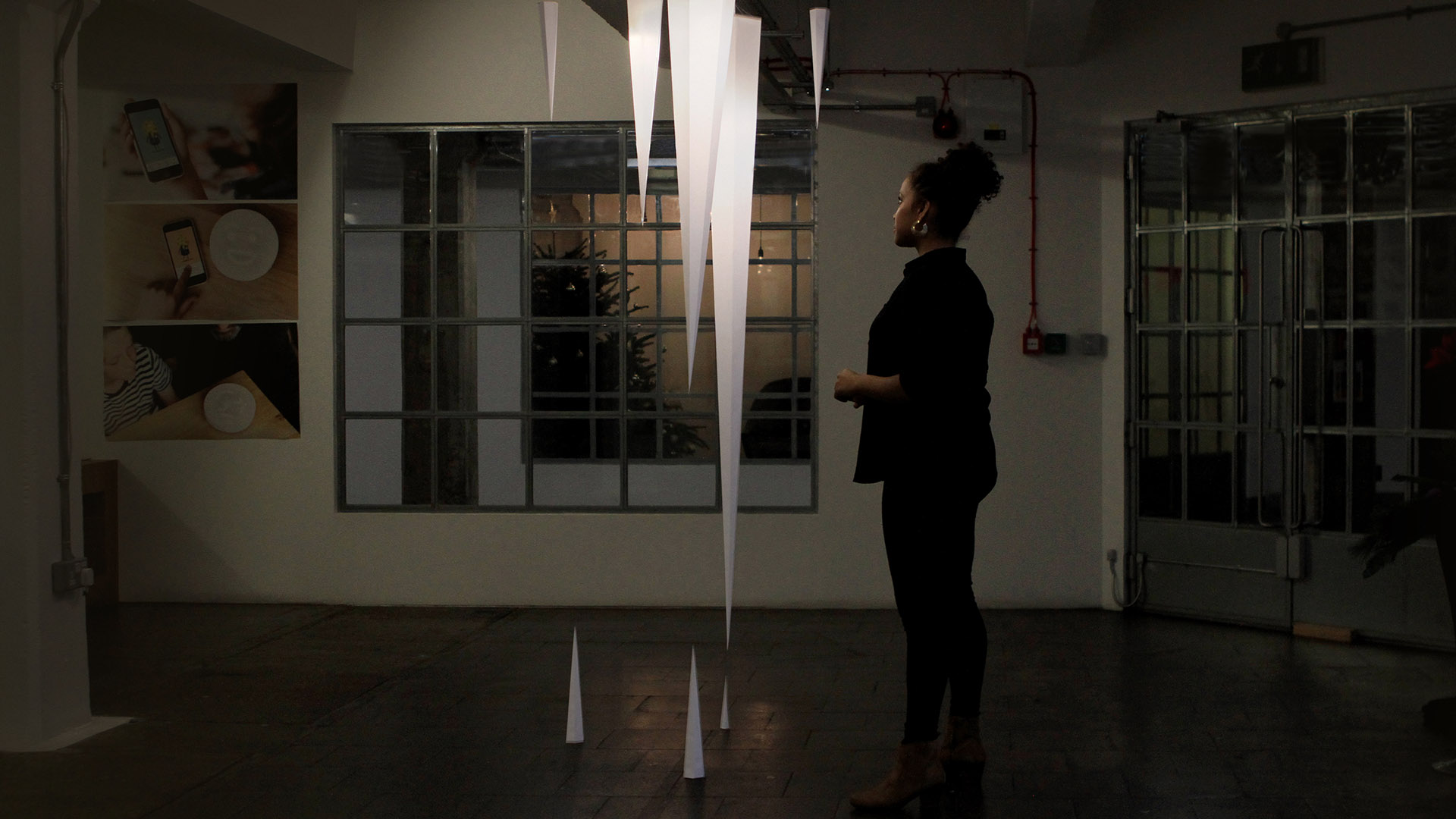
Method Icicle InstallationExperience Design
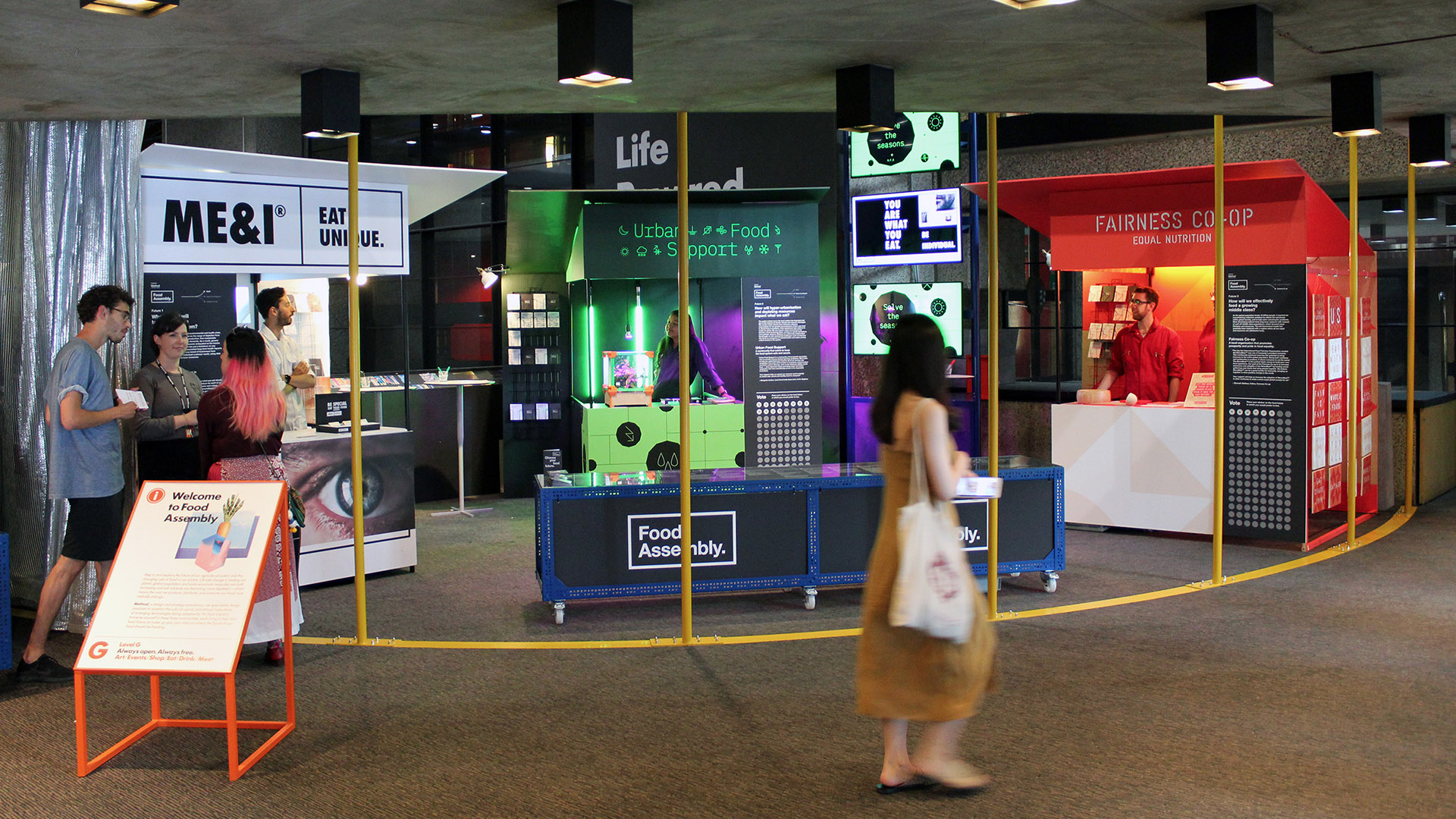
Barbican – The Future of FoodSpeculative Design
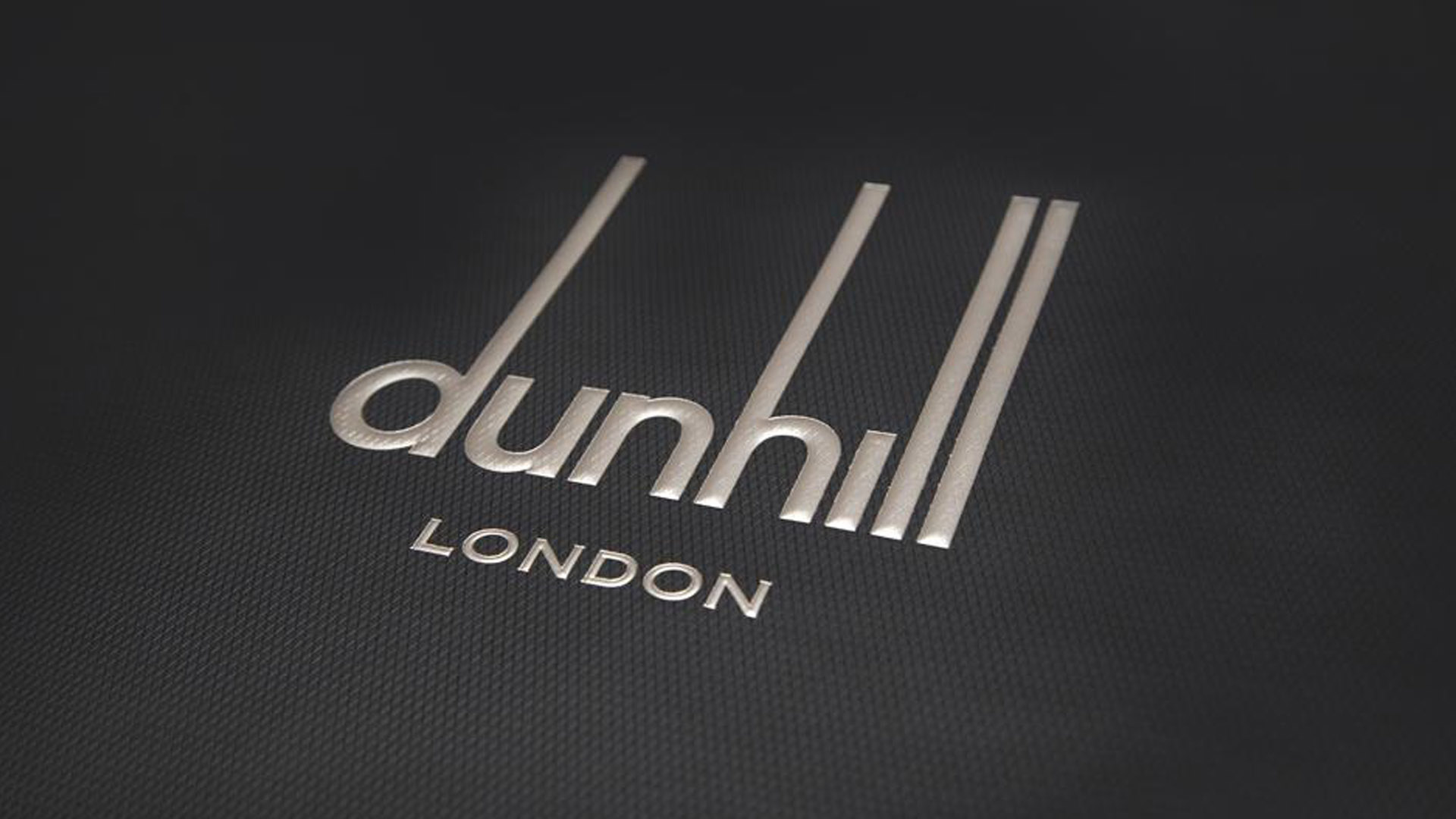
Dunhill Brand IdentityBrand Design

DAZN identBrand Design
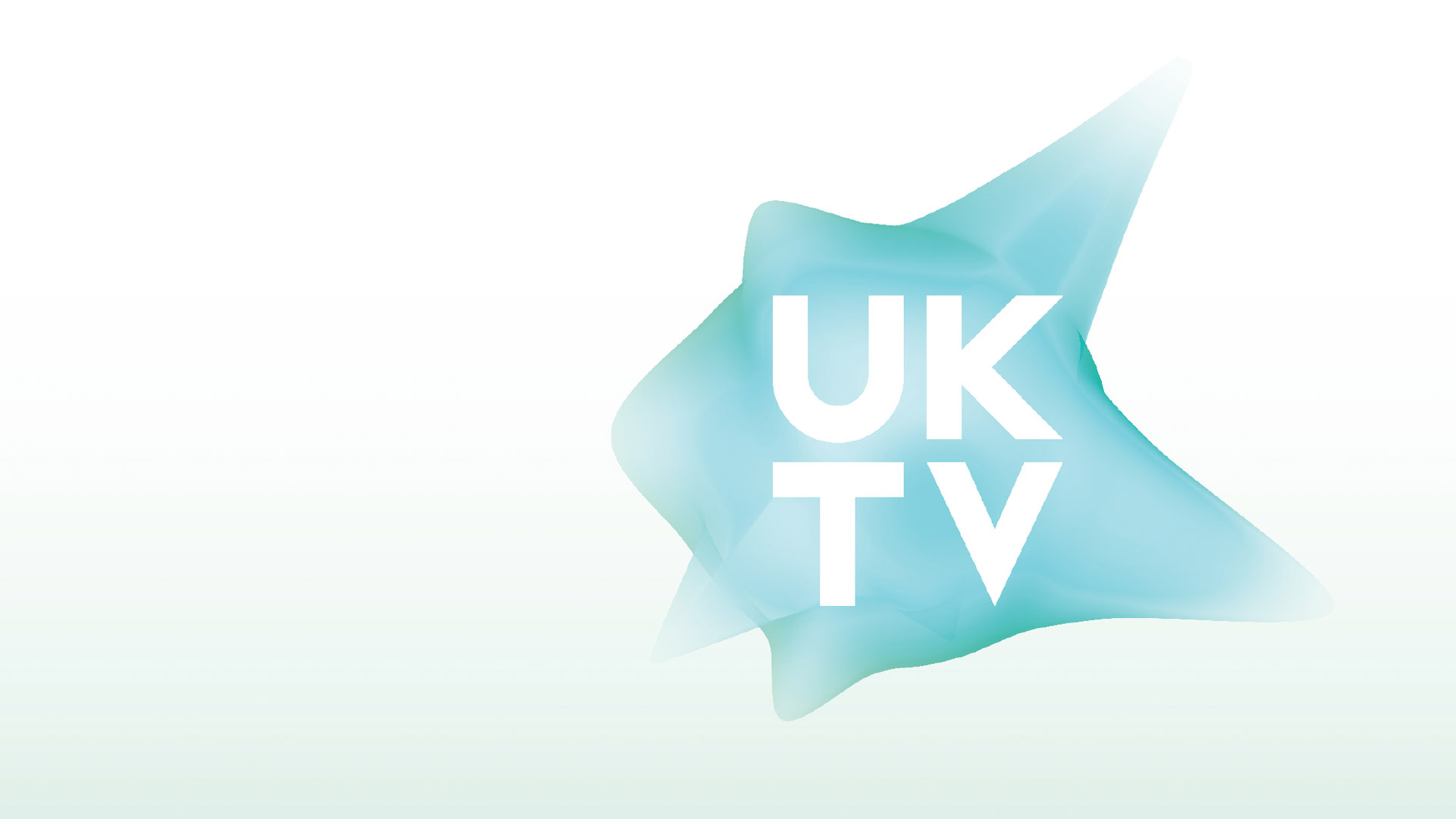
UKTV BrandingBrand Design

51 Jay Street BrandingBrand Design
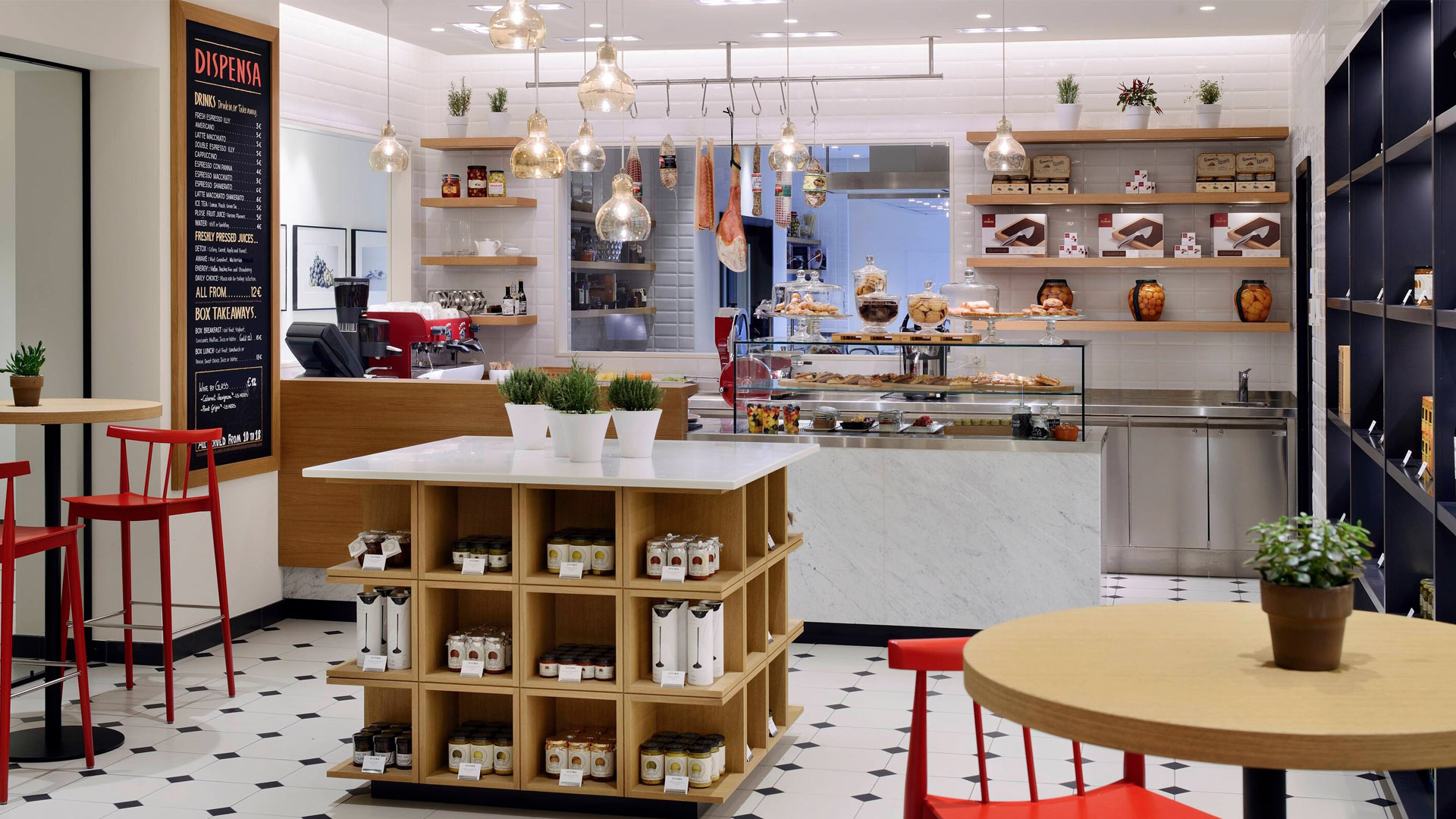
JW Marriott Venice F&BBrand Design
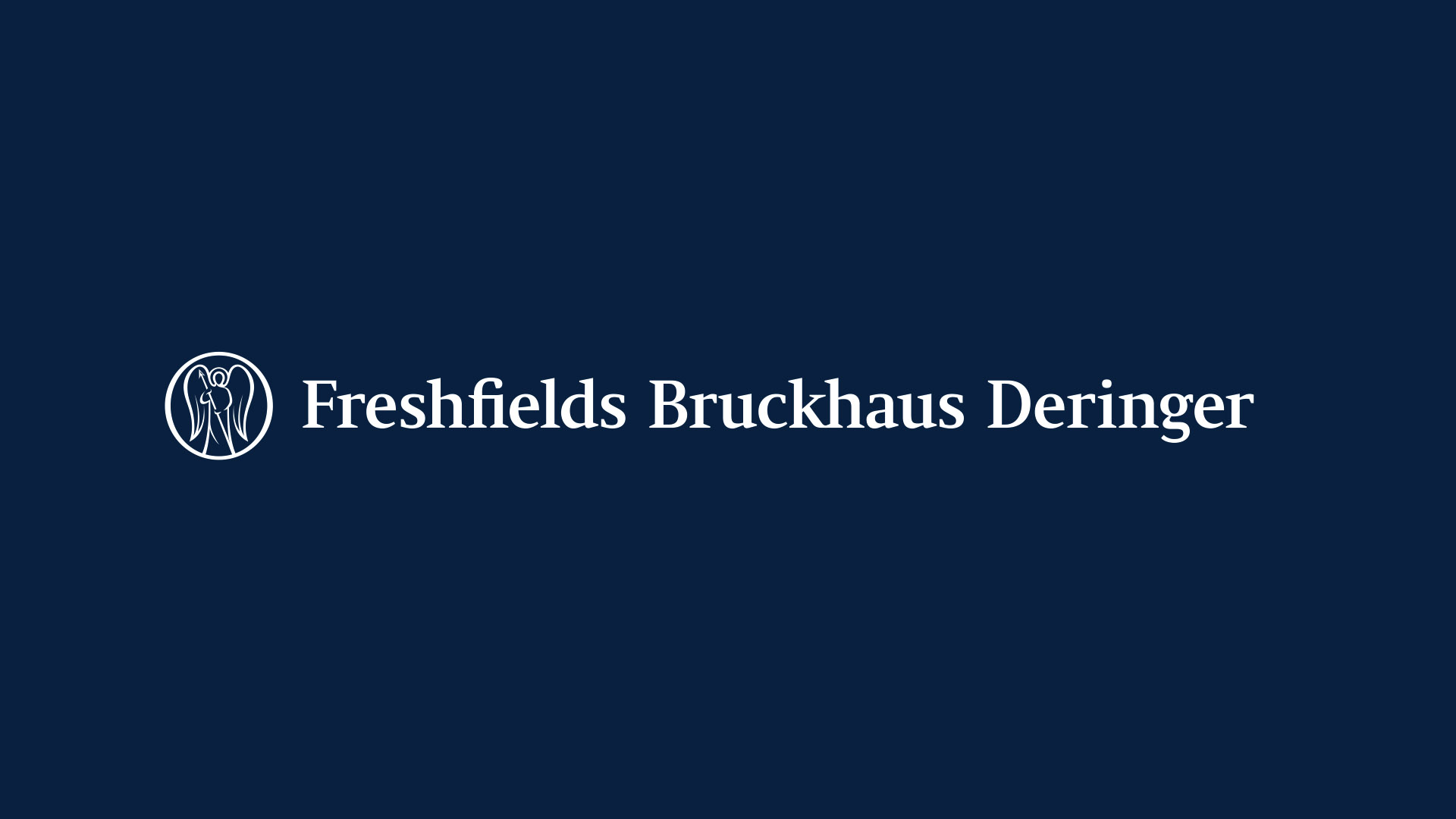
Freshfields Brand IdentityBrand Design
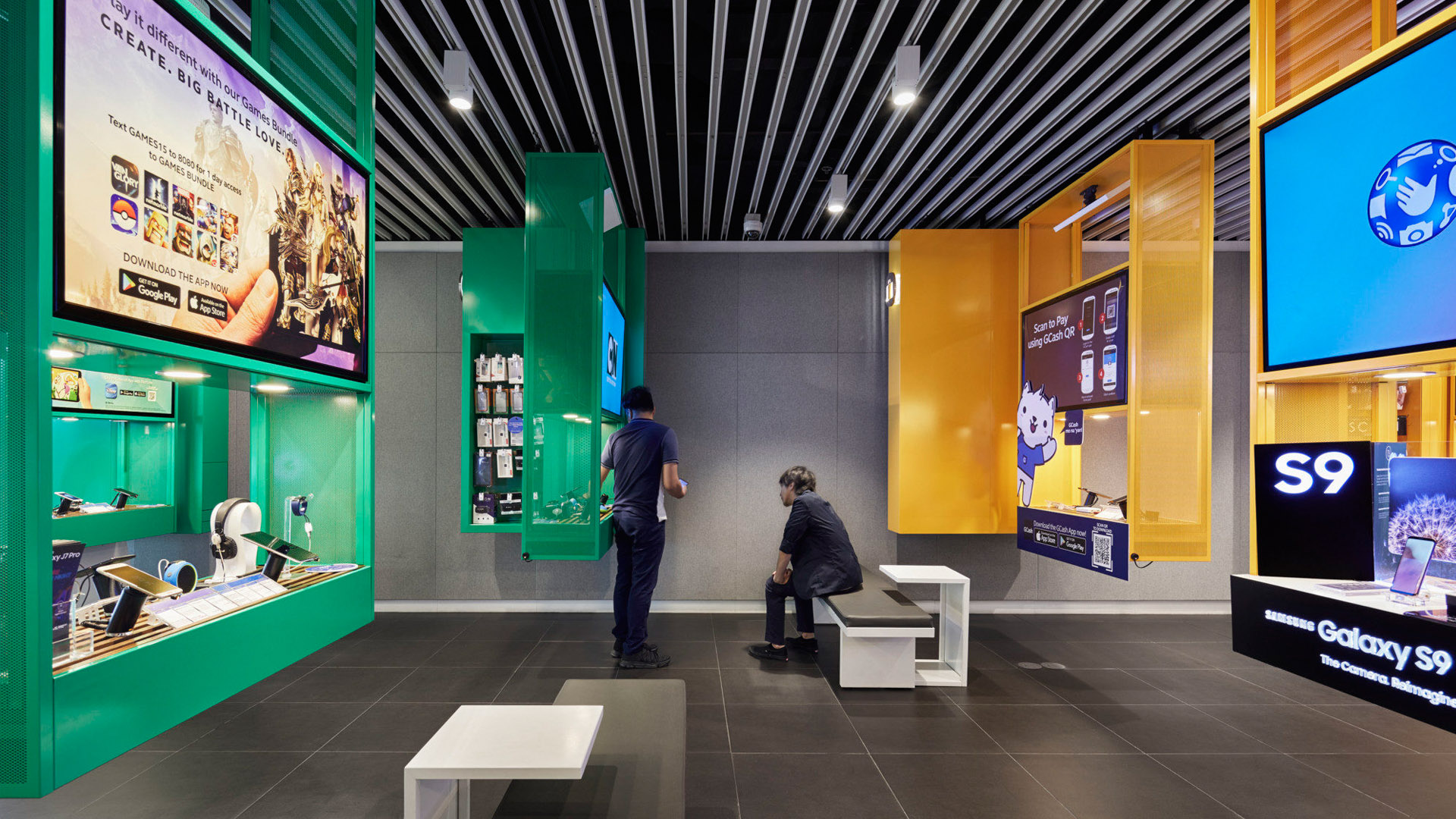
Globe Telecom Flagship storeEnvironmental Design
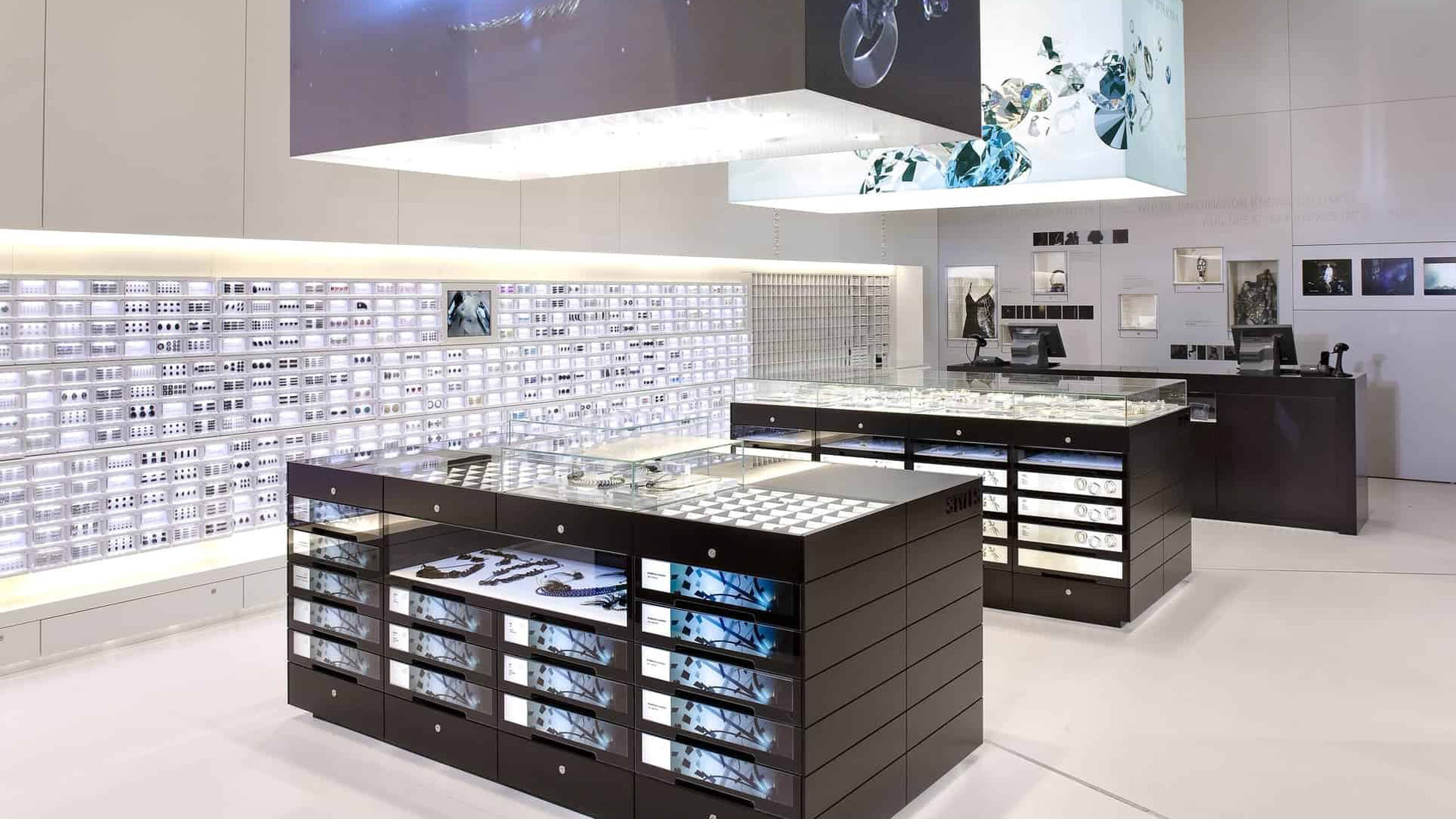
Swarovski Crystallized StoreEnvironmental Design
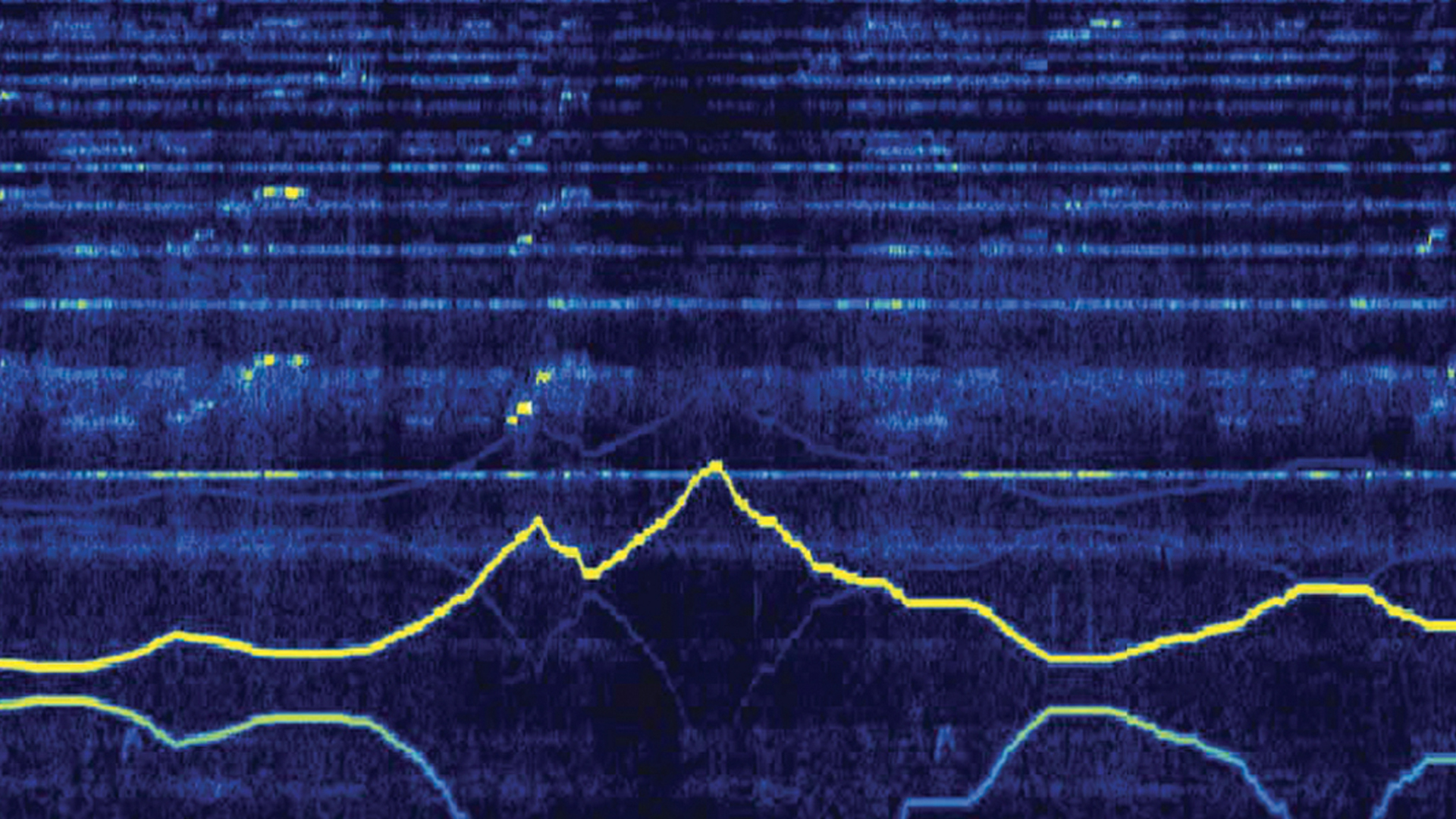
Peter Gregson Album CoversGraphic Design
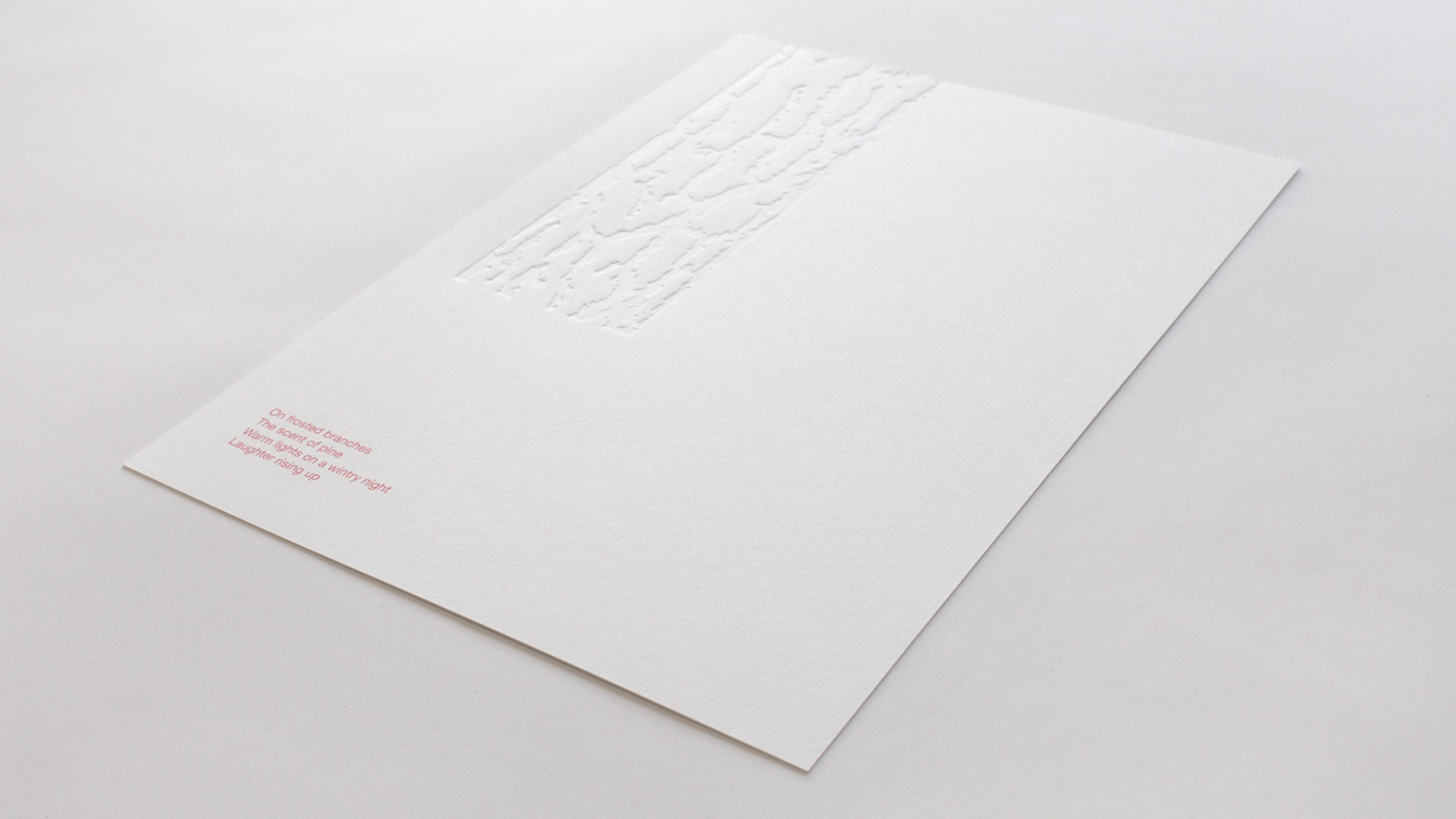
Sensory Holiday CardGraphic Design
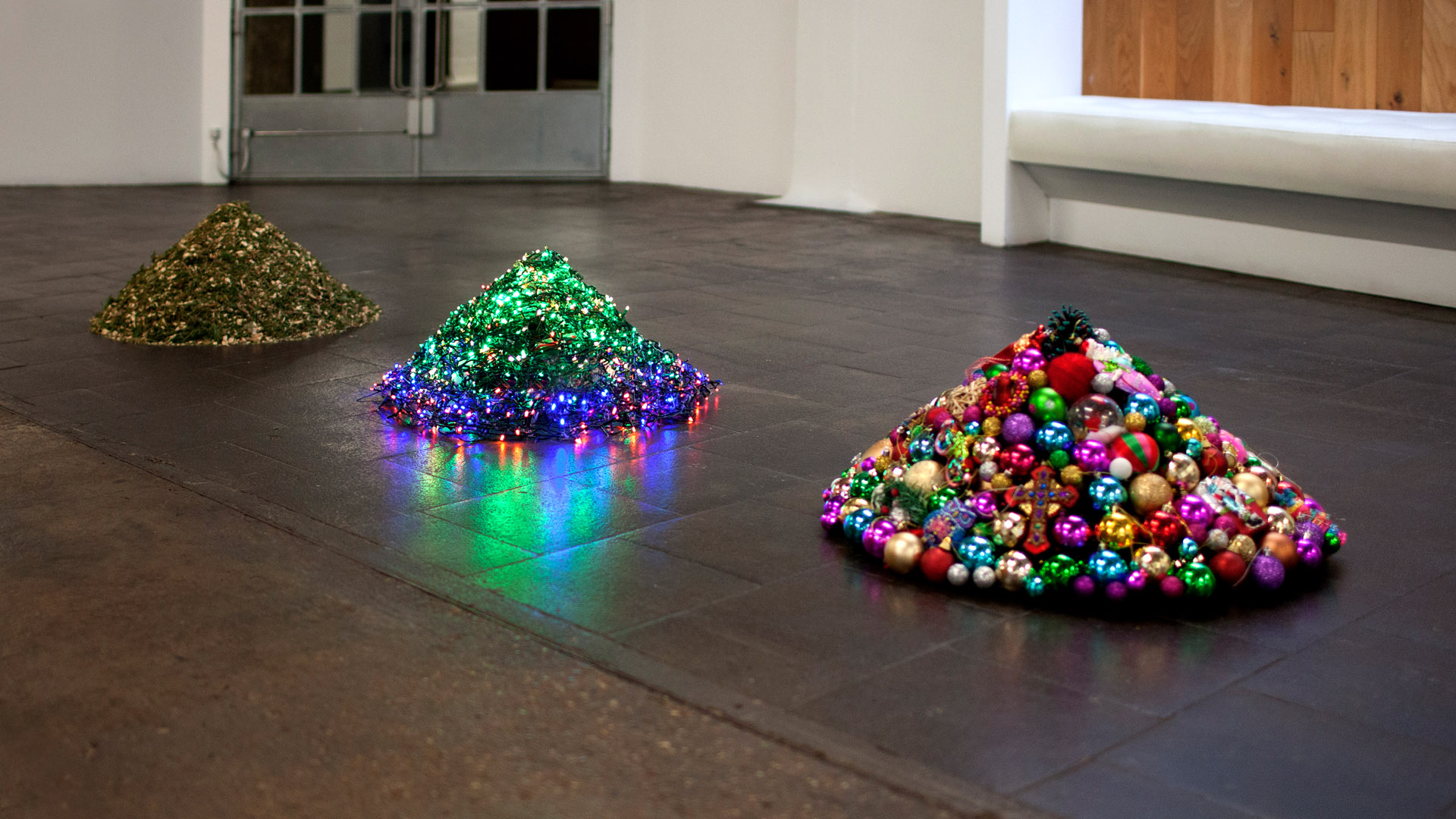
Decontstructed Christmas TreeGraphic Design
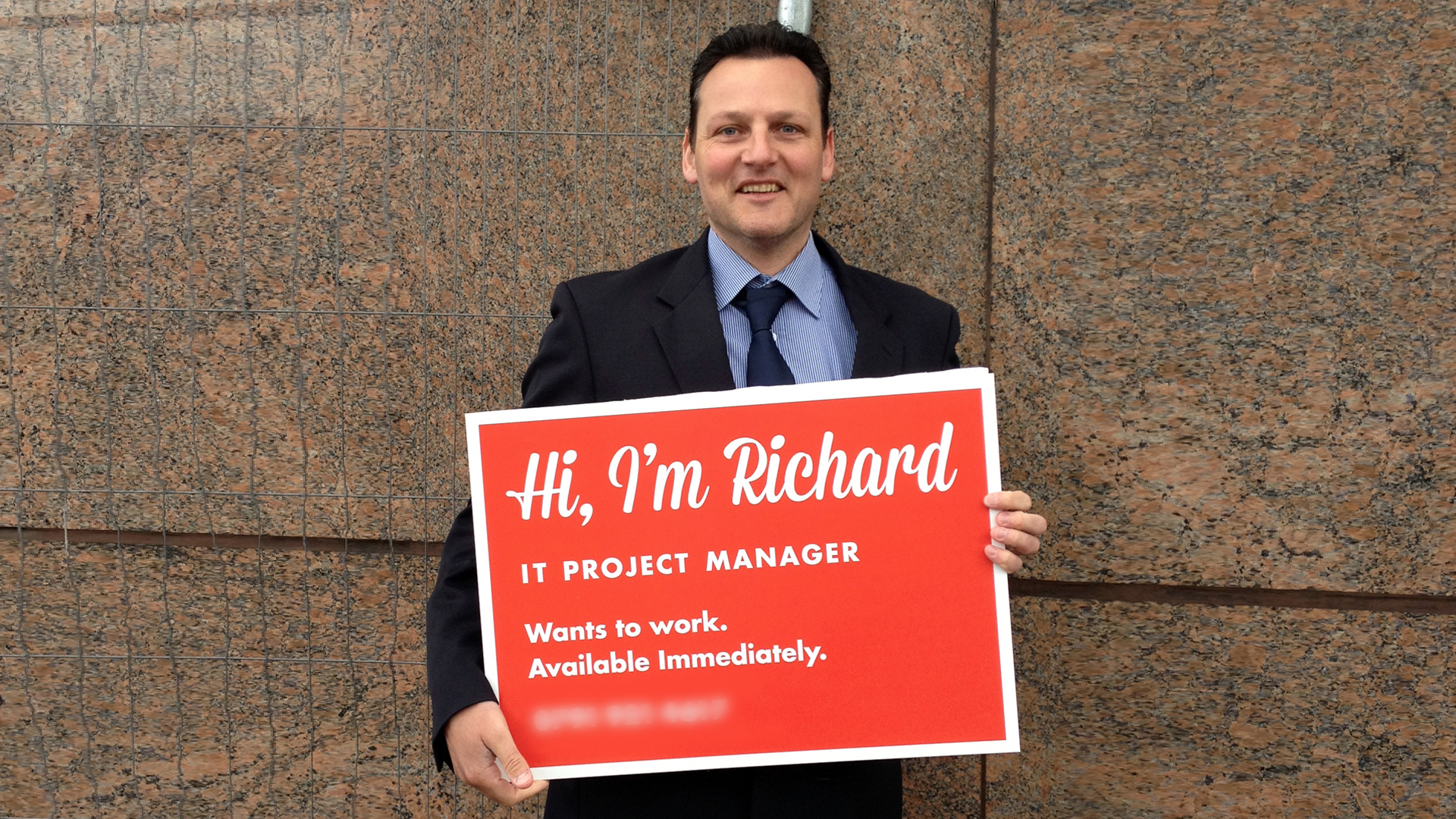
Richard's SignGraphic Design
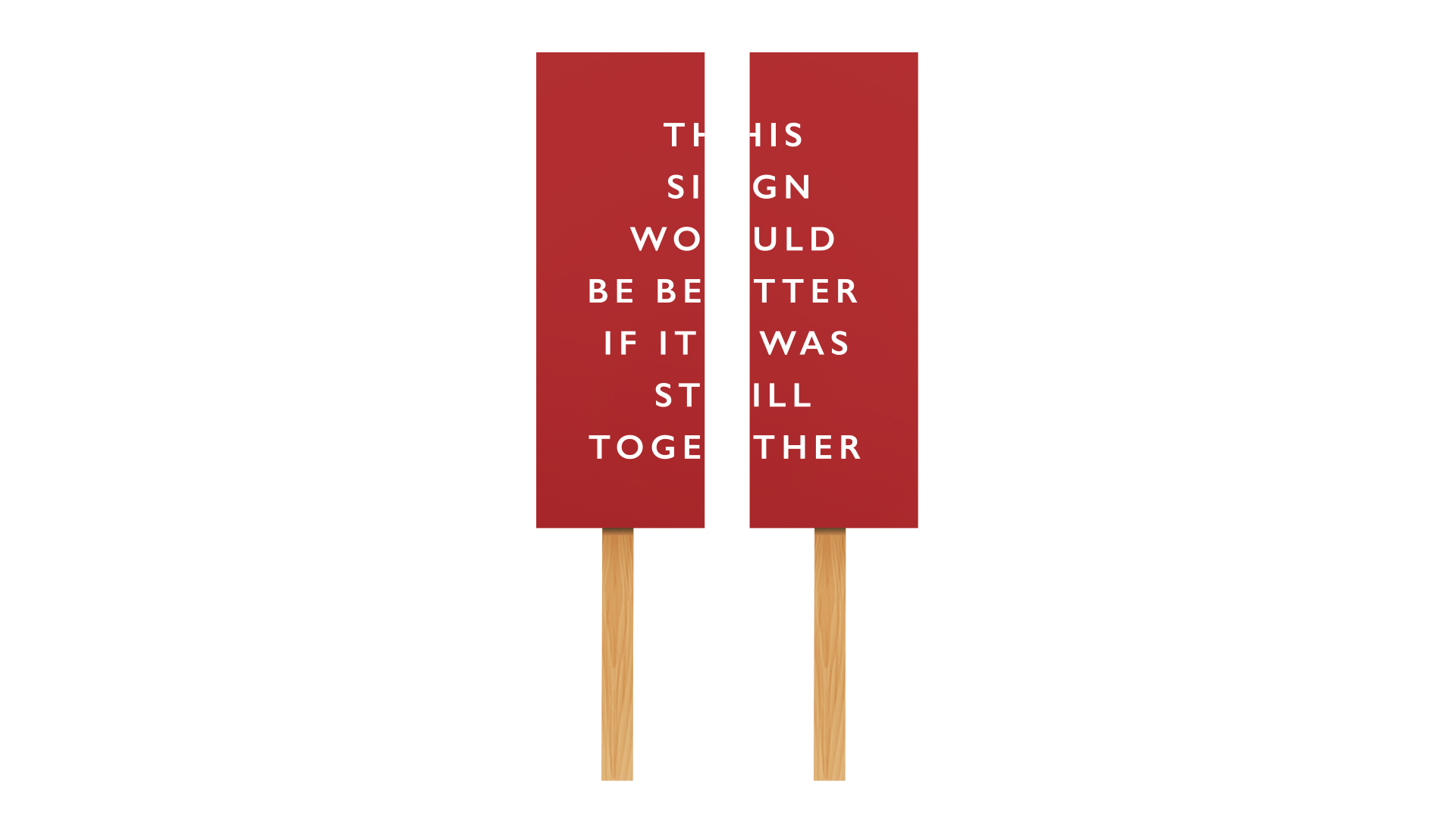
Anti Brexit protest signGraphic Design
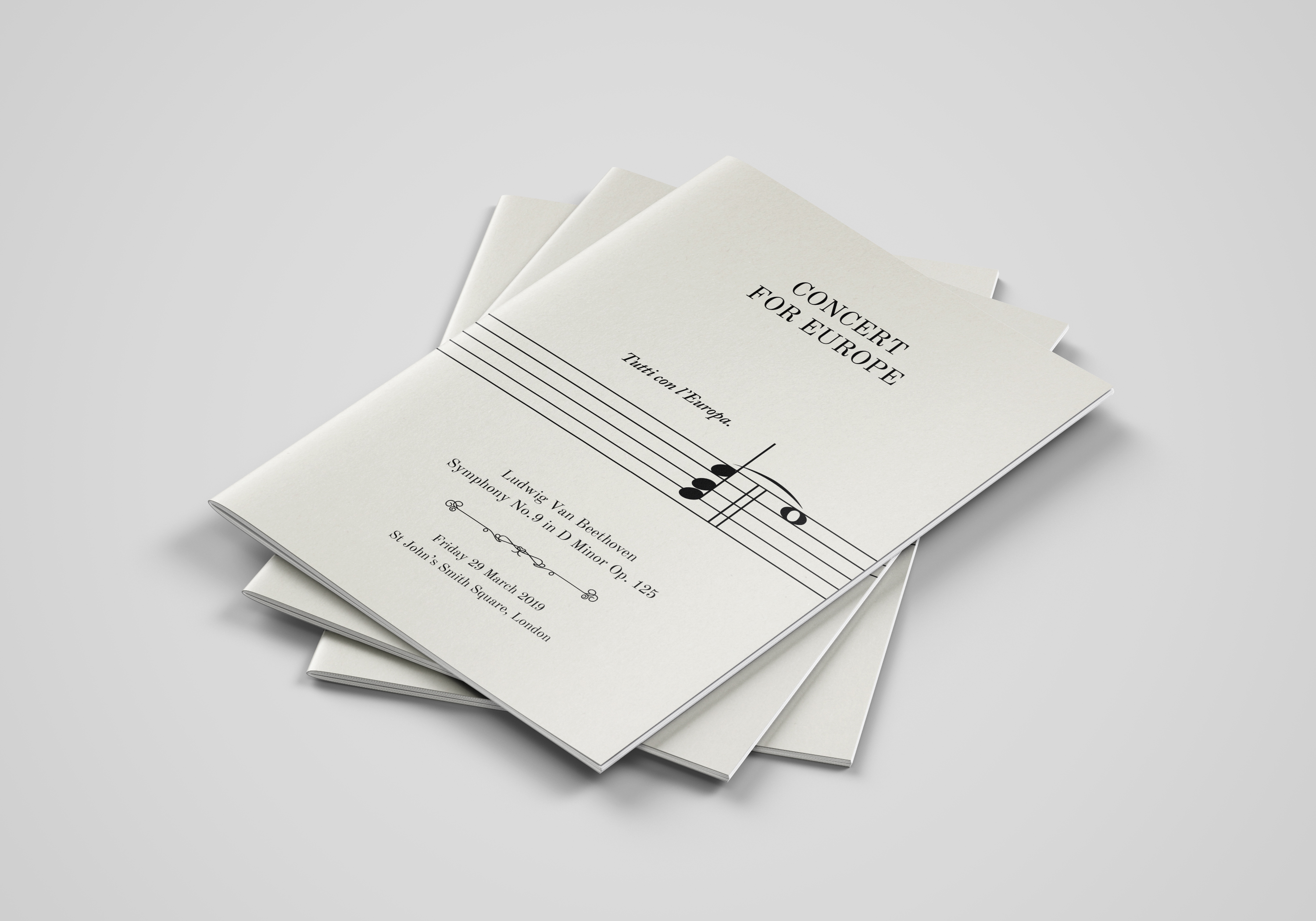
Concert for EuropeGraphic Design
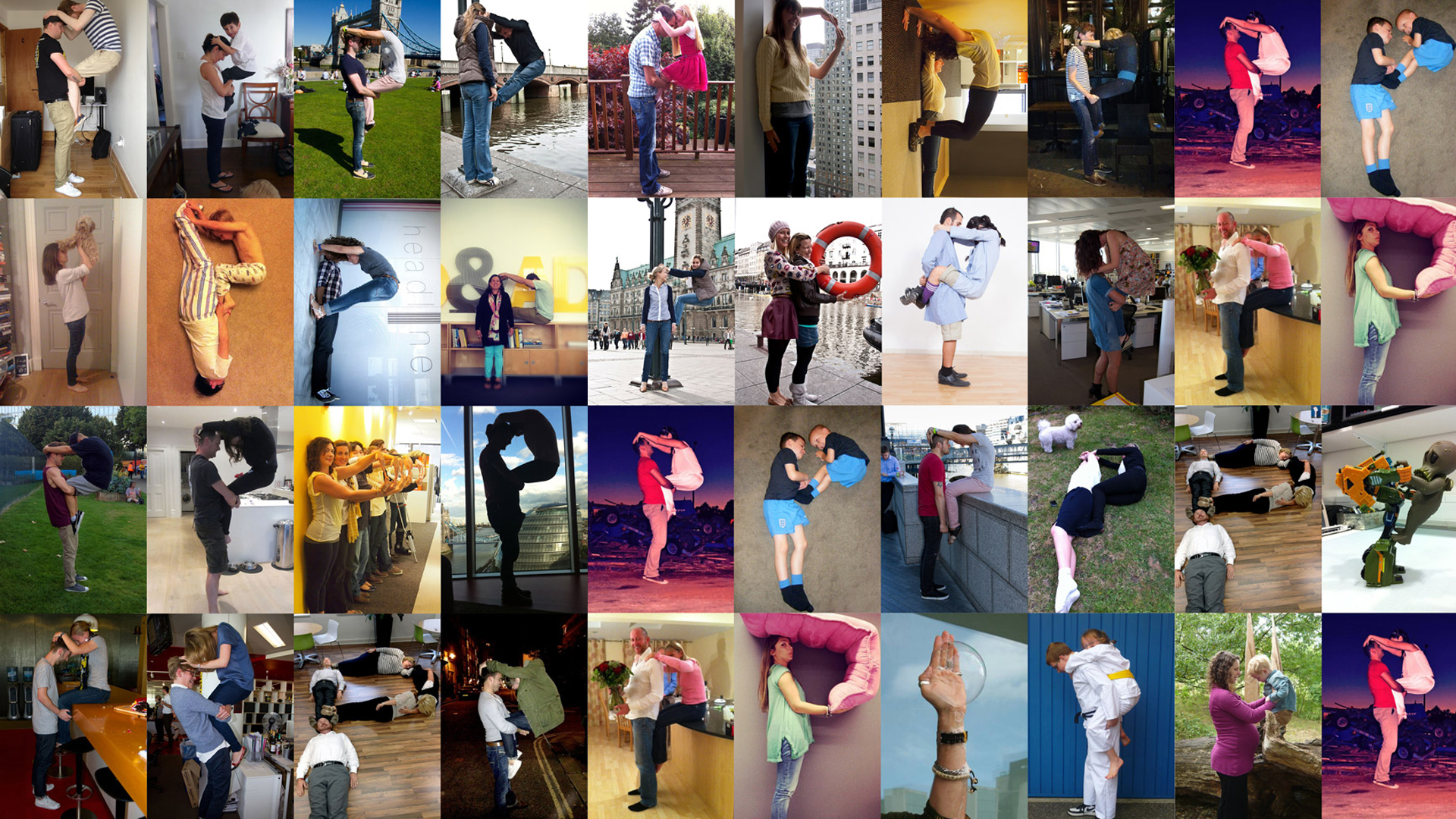
Peace One DayBrand Design
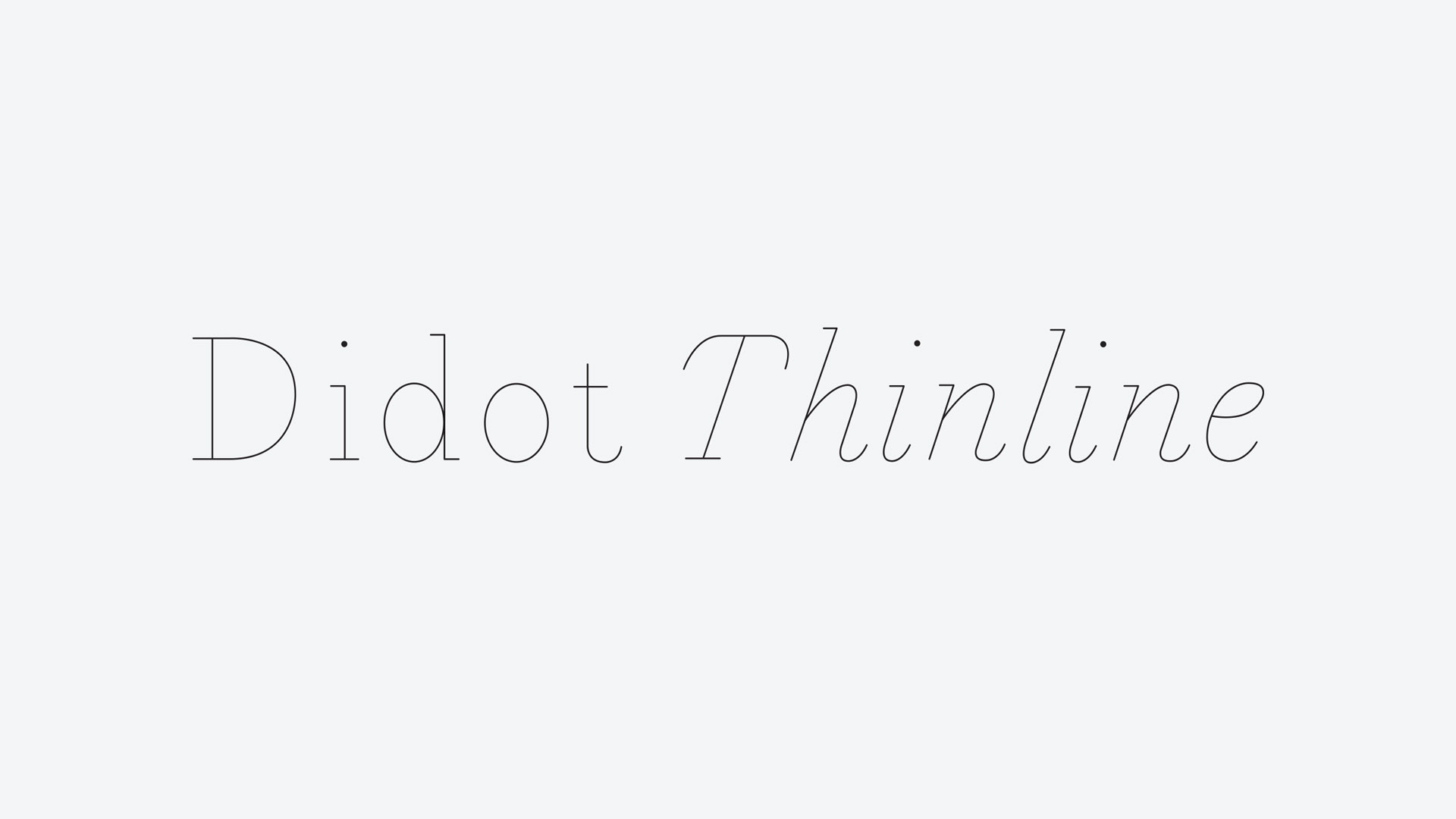
Didot ThinlineGraphic Design
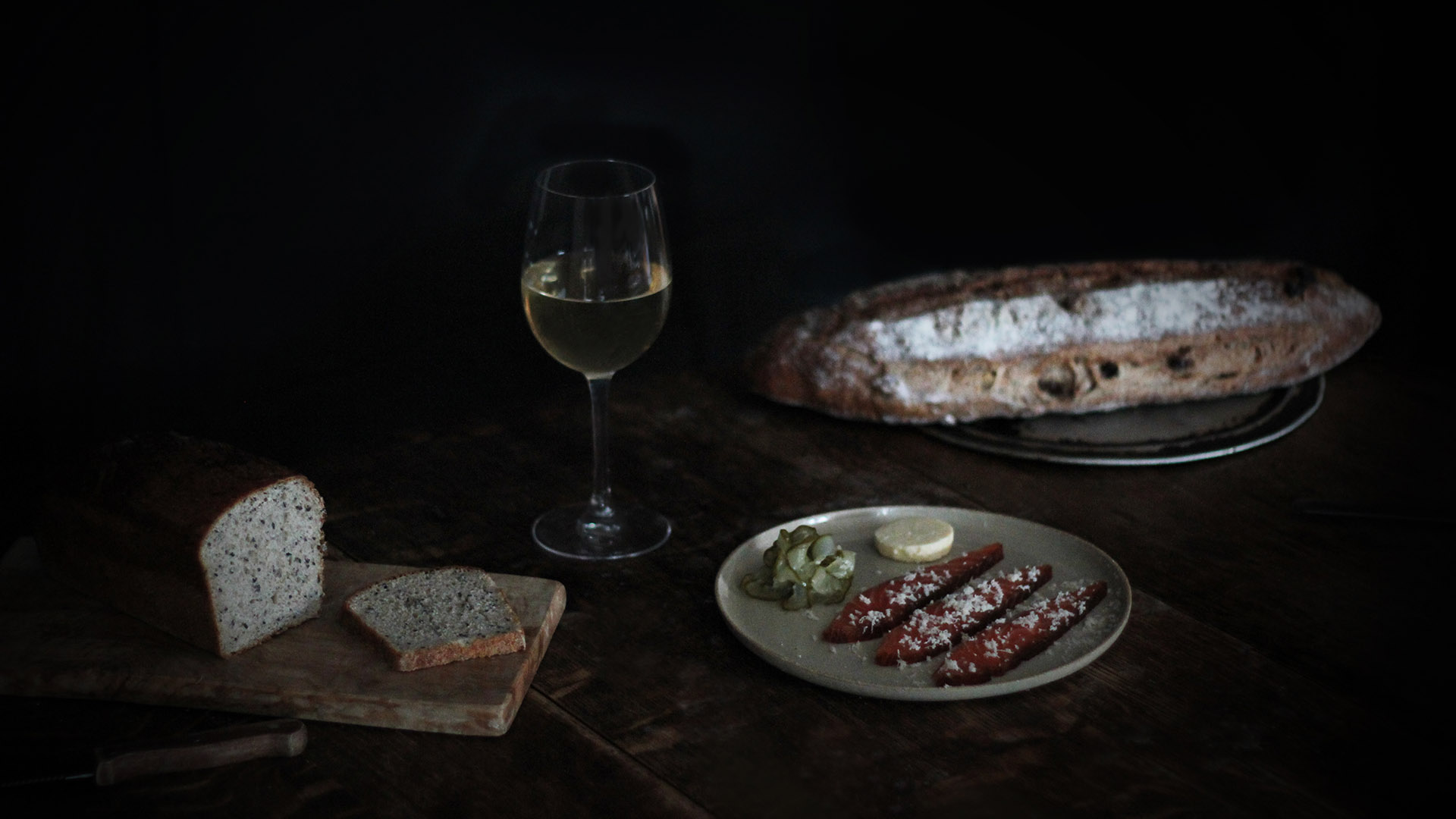
Ten Bells PubPhotography
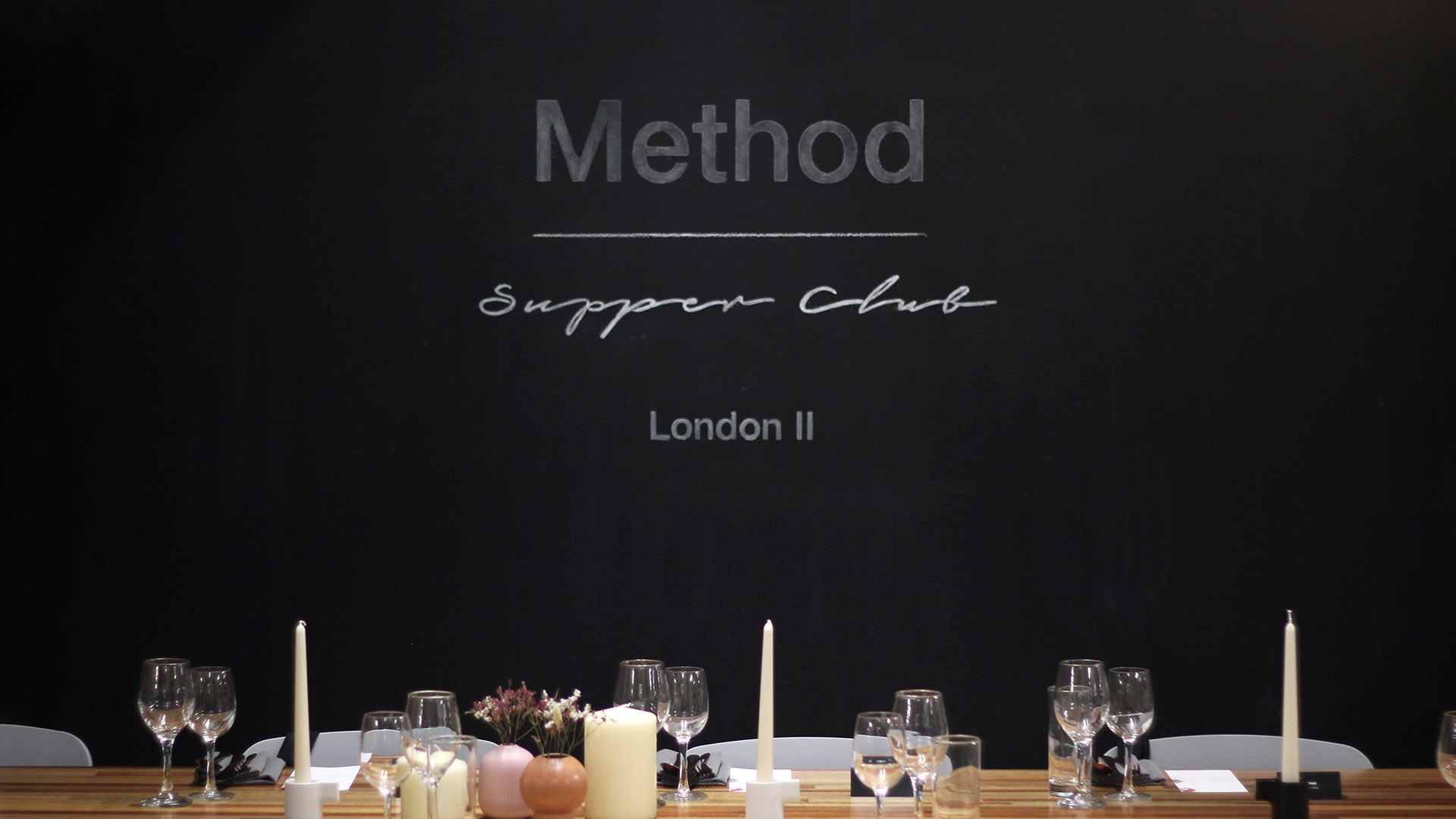
Method Supper ClubPhotography
Joshua Leigh
Contact
©2019